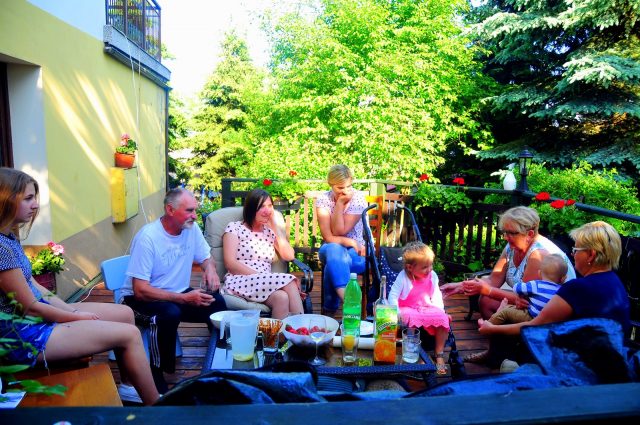
The terrace was all abuzz. The two grandmothers were chatting about details of the procession through the village earlier in the day. Grandpa was chatting with me about women and shopping. And a little blond angel was crying hysterically because of an unseen fall. Within all of this came the question: “Where are E and M?” We hadn’t seen them in some time and hadn’t heard them for a bit longer. Yet no one was worried. No panic. No flood of adults heading off in every direction, calling their names. “They’ll show up soon enough,” said grandpa, and within ten or fifteen minutes, there they were.
Village life. No worries about the kids when they disappear. No fears about the strangers among us because there are none. A certain kind of innocence that brings out both the good and the bad in people.
We spent the day in Pyzowka, a small village spread along the ridges of several hills just oustide of Nowy Targ, the nearest Polish town of any significance to Jablonka. Pyzowka is always a recurring destination, not only because of its beauty but also because of who lives there: D has been K’s best friend since childhood, the closest thing to a sister K has ever had. She is the Girl’s godmother and now, by proxy, a good friend of mine along with her husband, G. We always end up there a time or three while visiting the Old Country for the girls to catch up on gossip and that magic of just being in the same room together again. This year, though, because of various complications, today was the one and only day they could meet, so we went to Pyzowka for Corpus Christi.
Shortly after I first arrived in Poland in 1996, I encountered Corpus Christi for the first time. I had no idea what I was viewing. I prided myself on the depth of my understanding of Christianity that was in reality not even as deep as a small puddle of water. I had rejected it all because I knew better. Typical youthful arrogance, I suppose. Yet the first time I witnessed Corpus Christi, I began to understand that I didn’t understand.
Unknown Corpus Christi
Twenty-one years later and I’m a participant in the Mass on this holy day, a participant in the procession. I snap pictures as discretely as possible because I’m starting to understand the significance of the day, of the procession. Do I believe it all? That’s hard to say. Where do questions leave off and doubt begin? Perhaps it doesn’t matter in the end: I’ve come to see a certain beauty in the communal nature of Catholicism that makes me think that even if again I lost all my faith (the little strands I hold on to), I would still participate because of the value I see in simple act of people coming together and humbly submitting themselves to something bigger than they are. Such humility is rare these days, it seems.
Today’s celebration, though, highlighted the flavor a Polish village imparts on Corpus Christi. The procession began at the church and wound its way through much of the village.
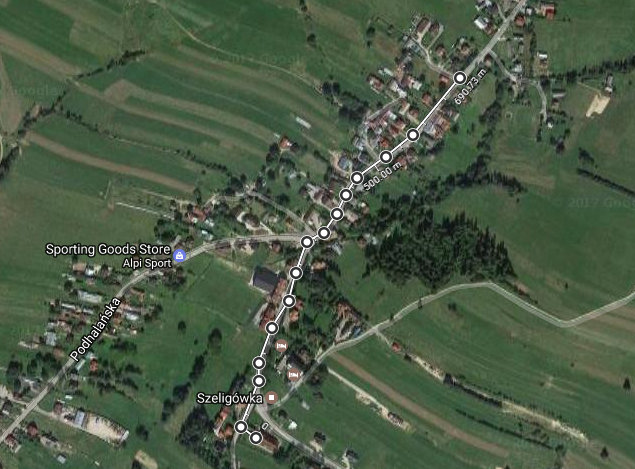
At least twice cars approached, saw the whole road blocked with the procession of about 500 or so people, and turned around. I can’t imagine something like that happening in America or even a larger city in Poland. Life goes on despite holy days and celebrations, and in America of course, the vast majority of the population begin non-Catholics have varying opinions of Catholicism that color how they would view such a procession, mostly affecting the negativity of the hue, truth be told. At least in the South, where we live. That’s why the processions in America tend to be just around the church itself, not out into public itself.
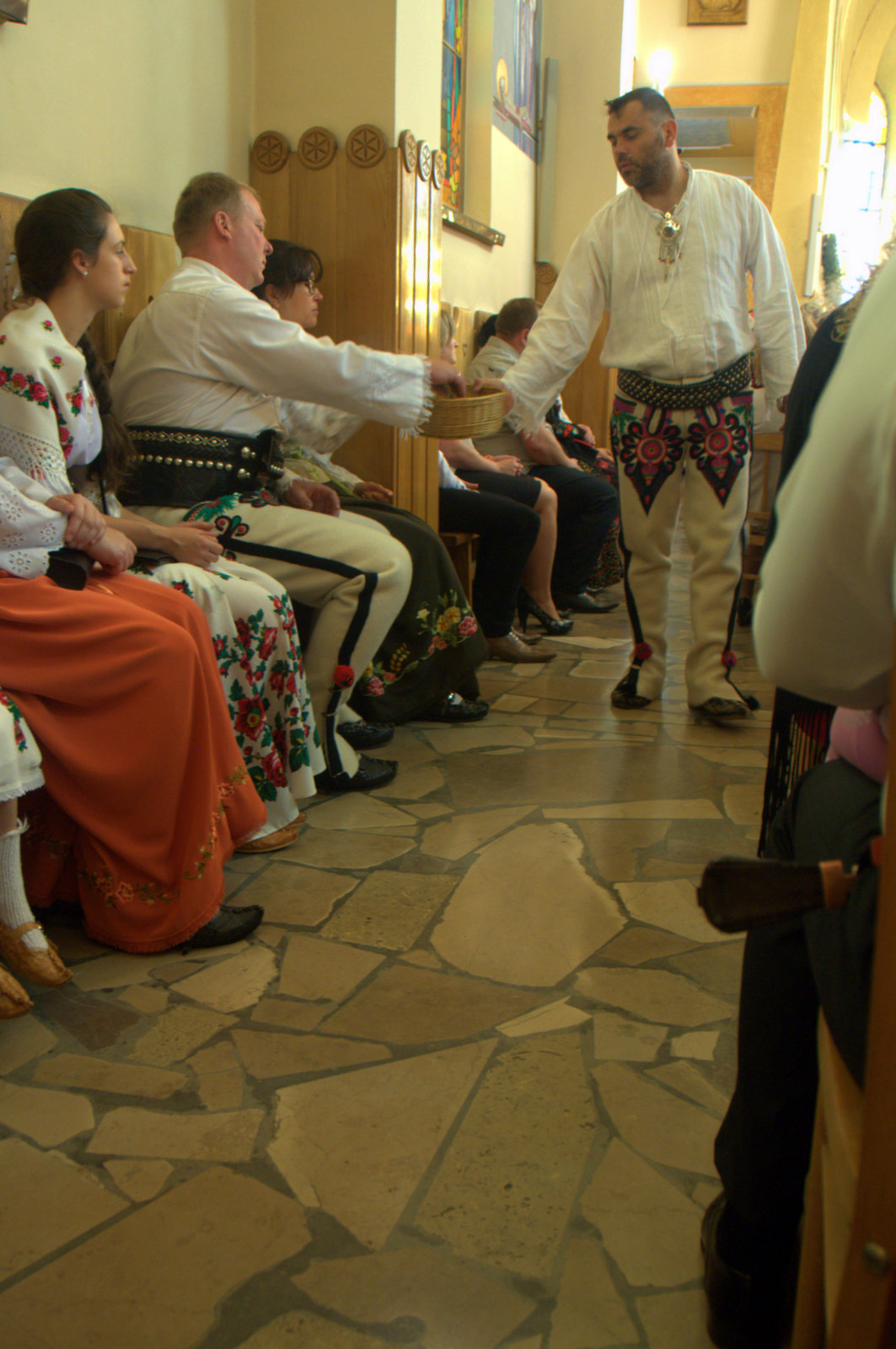
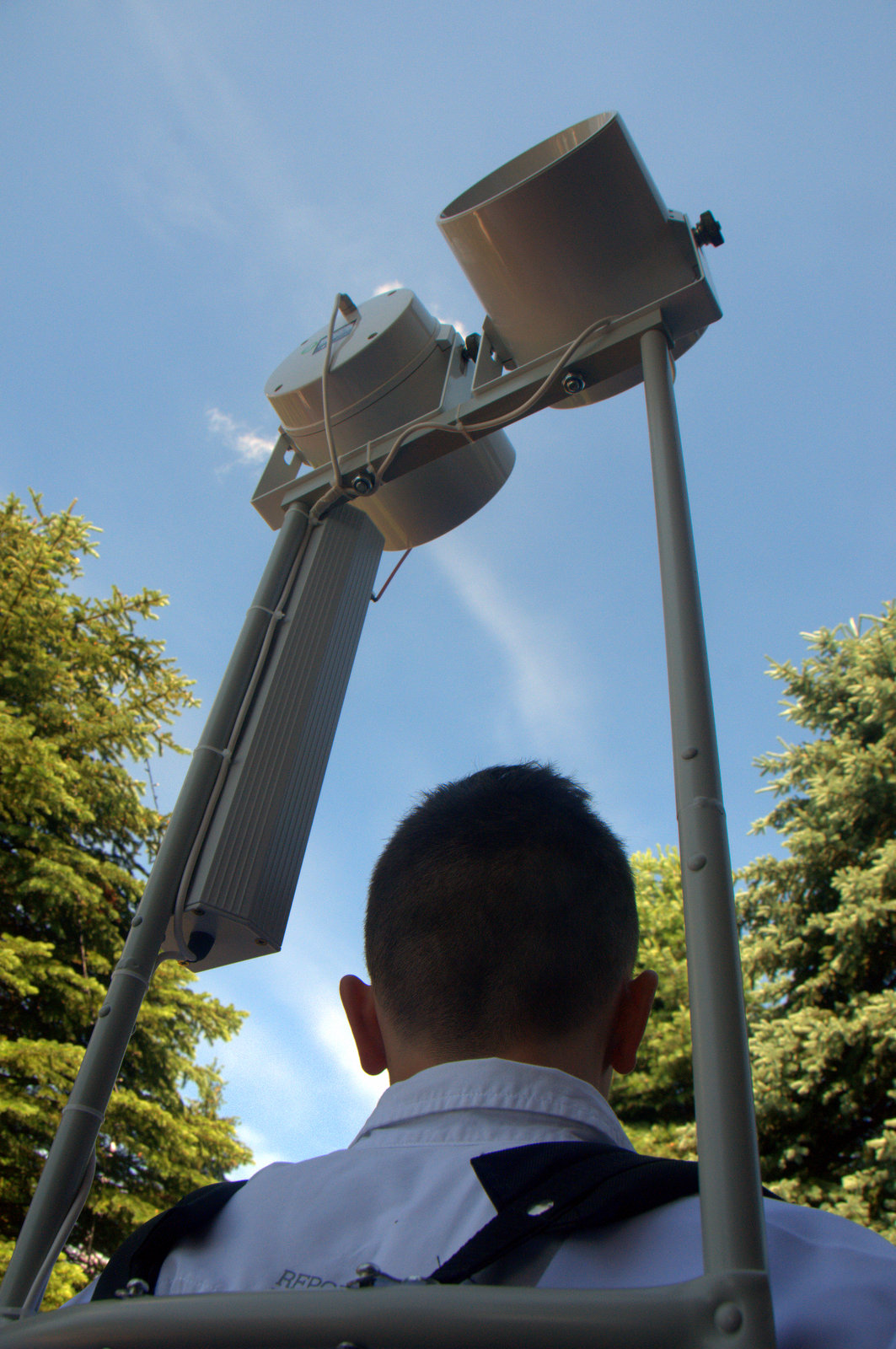
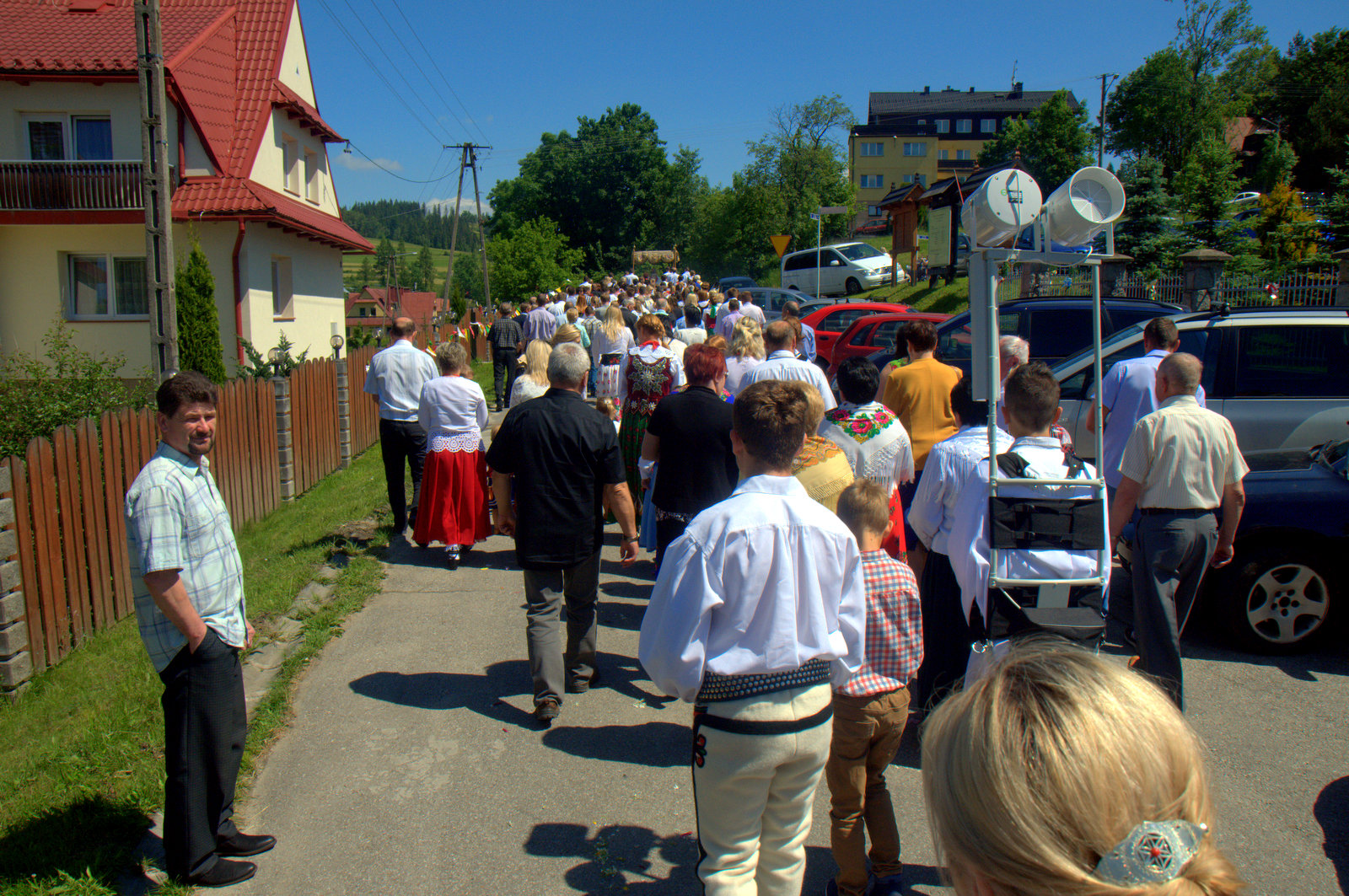
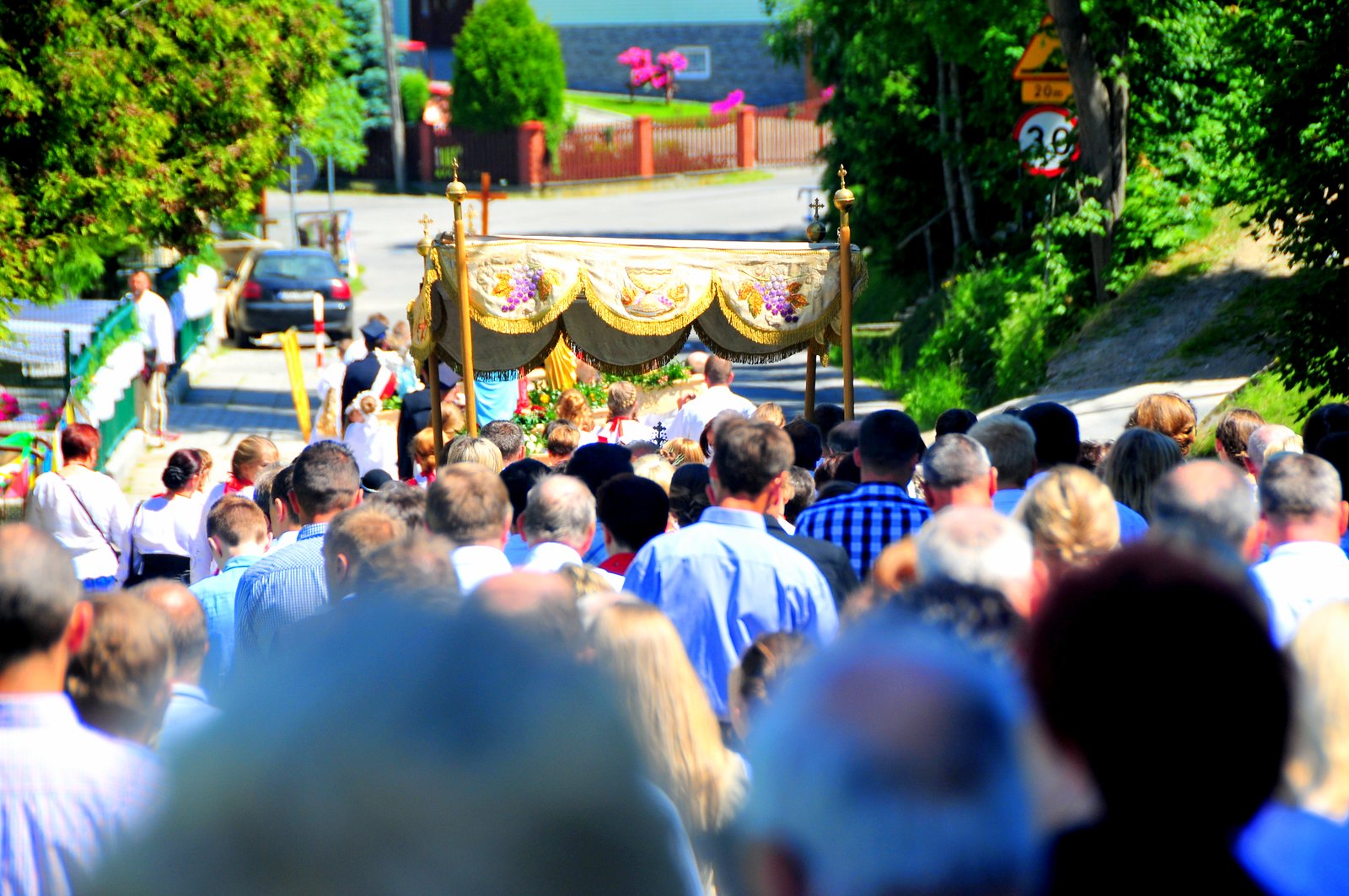
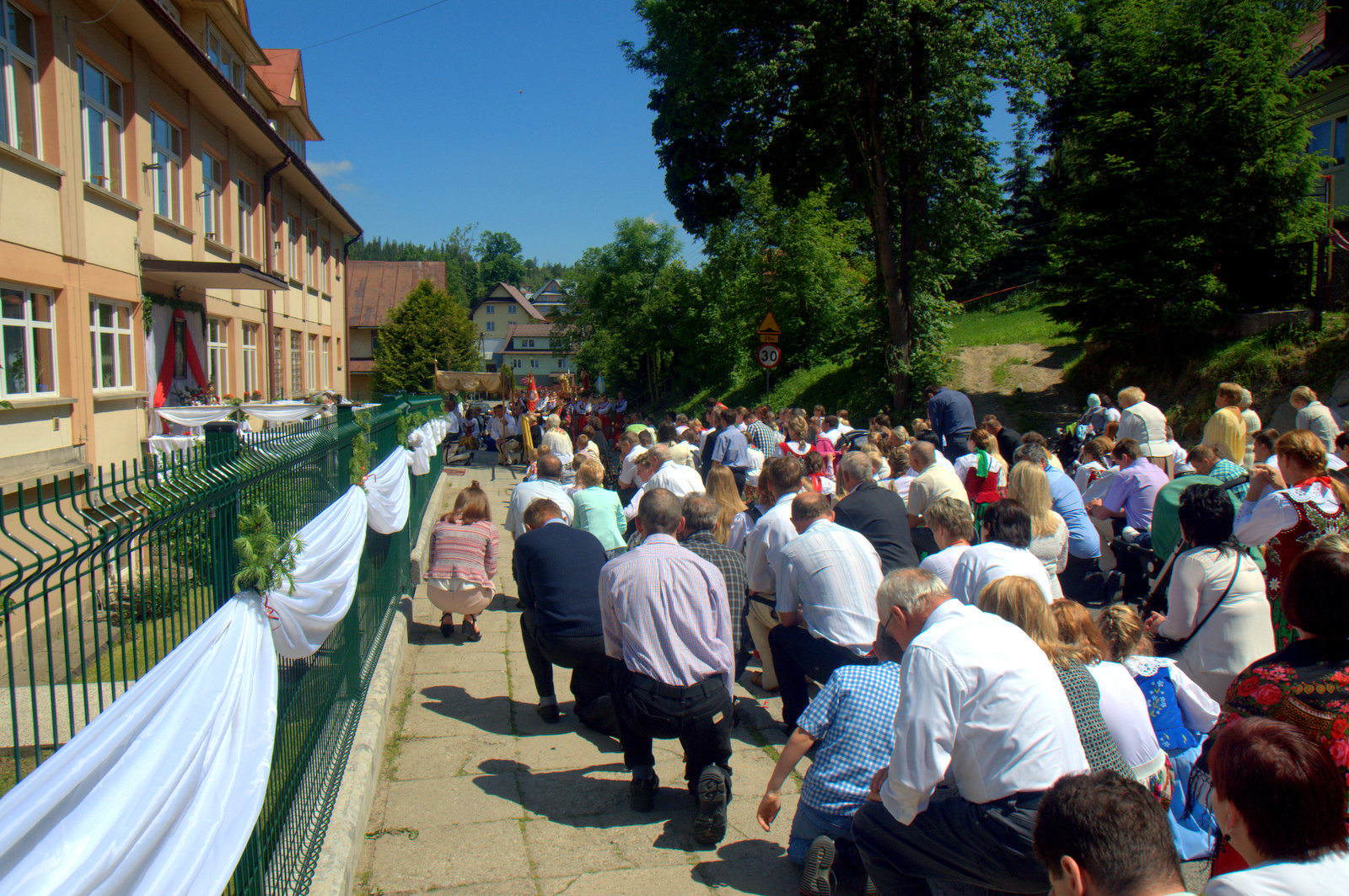
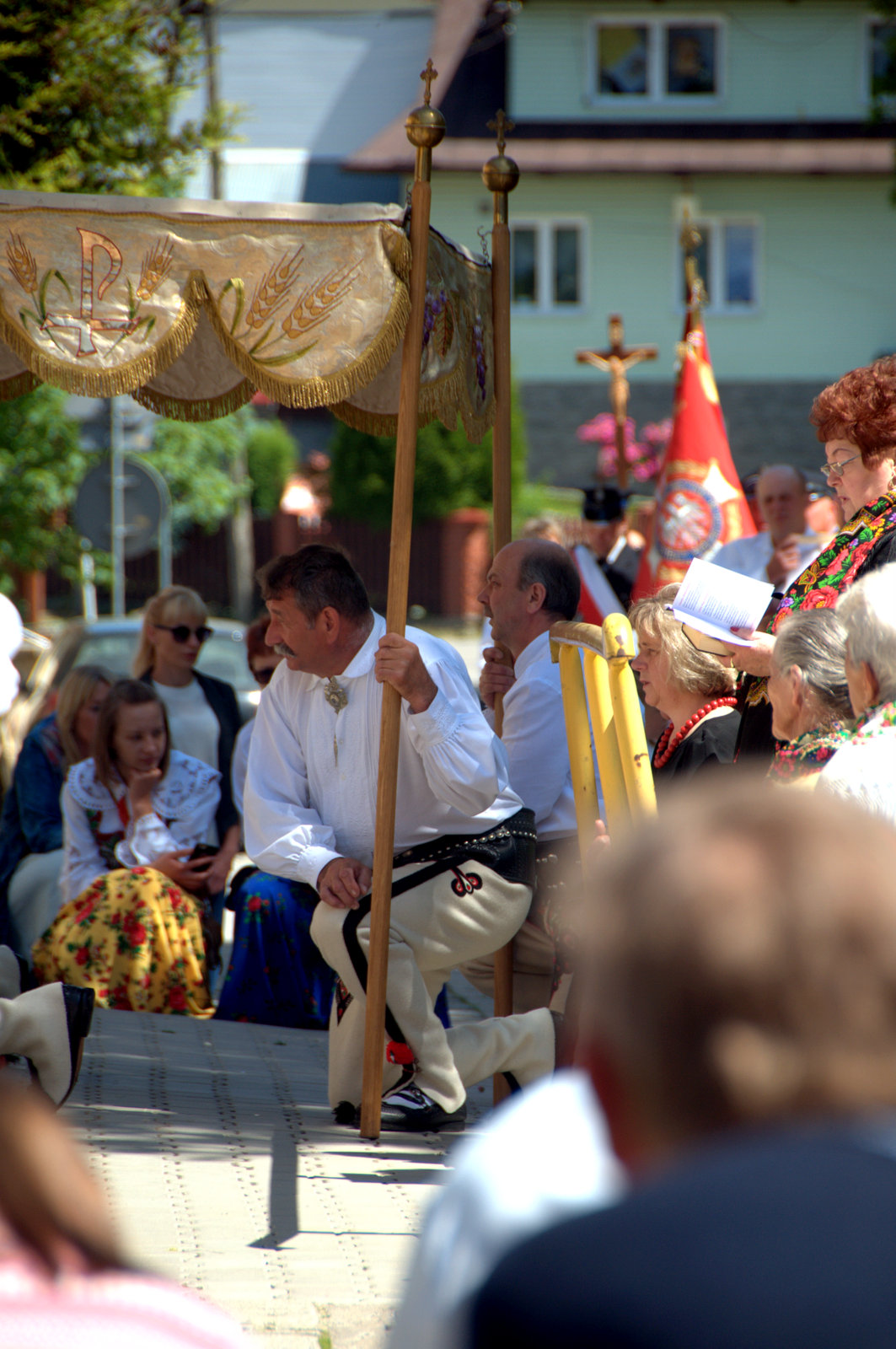
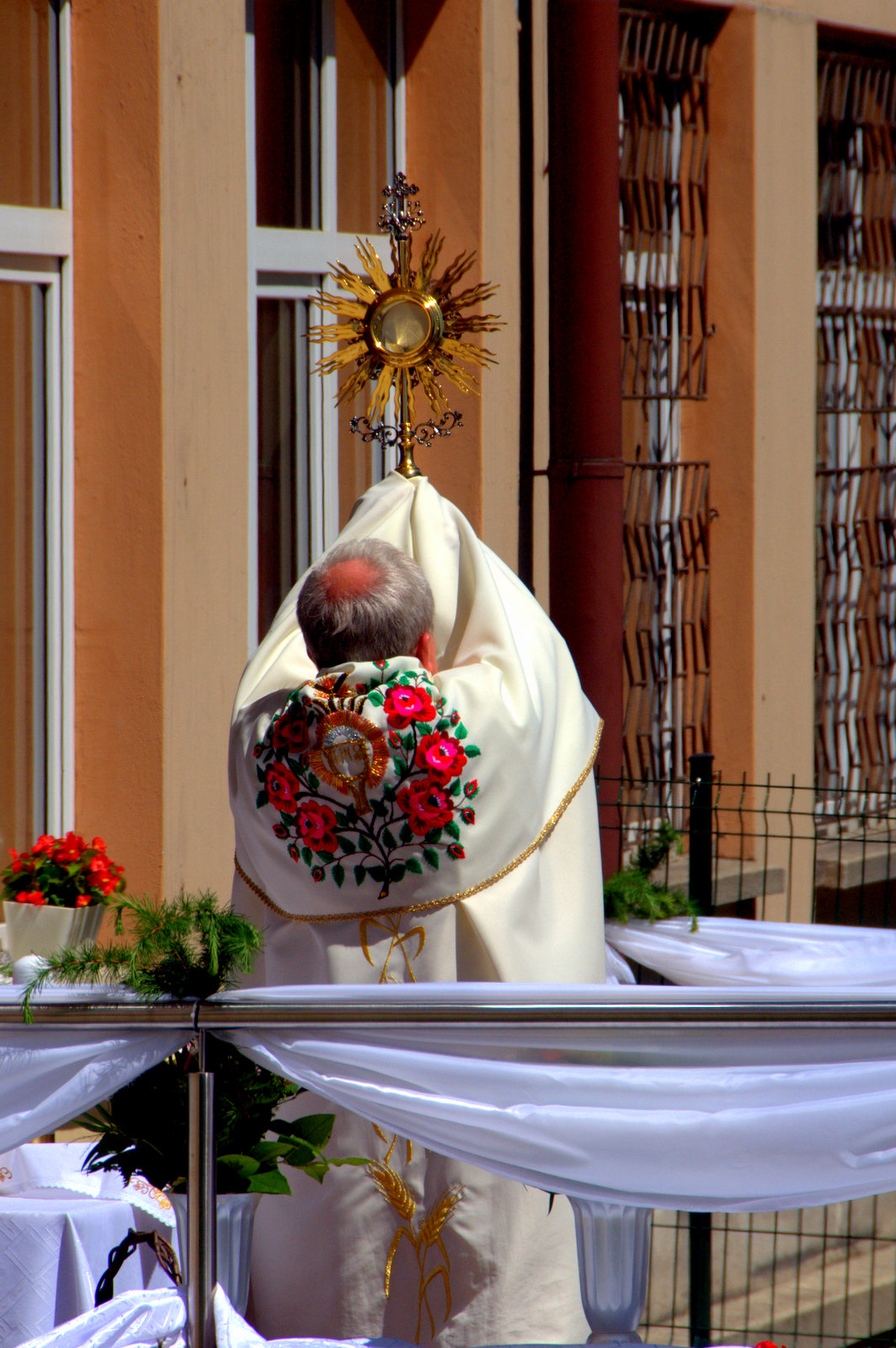
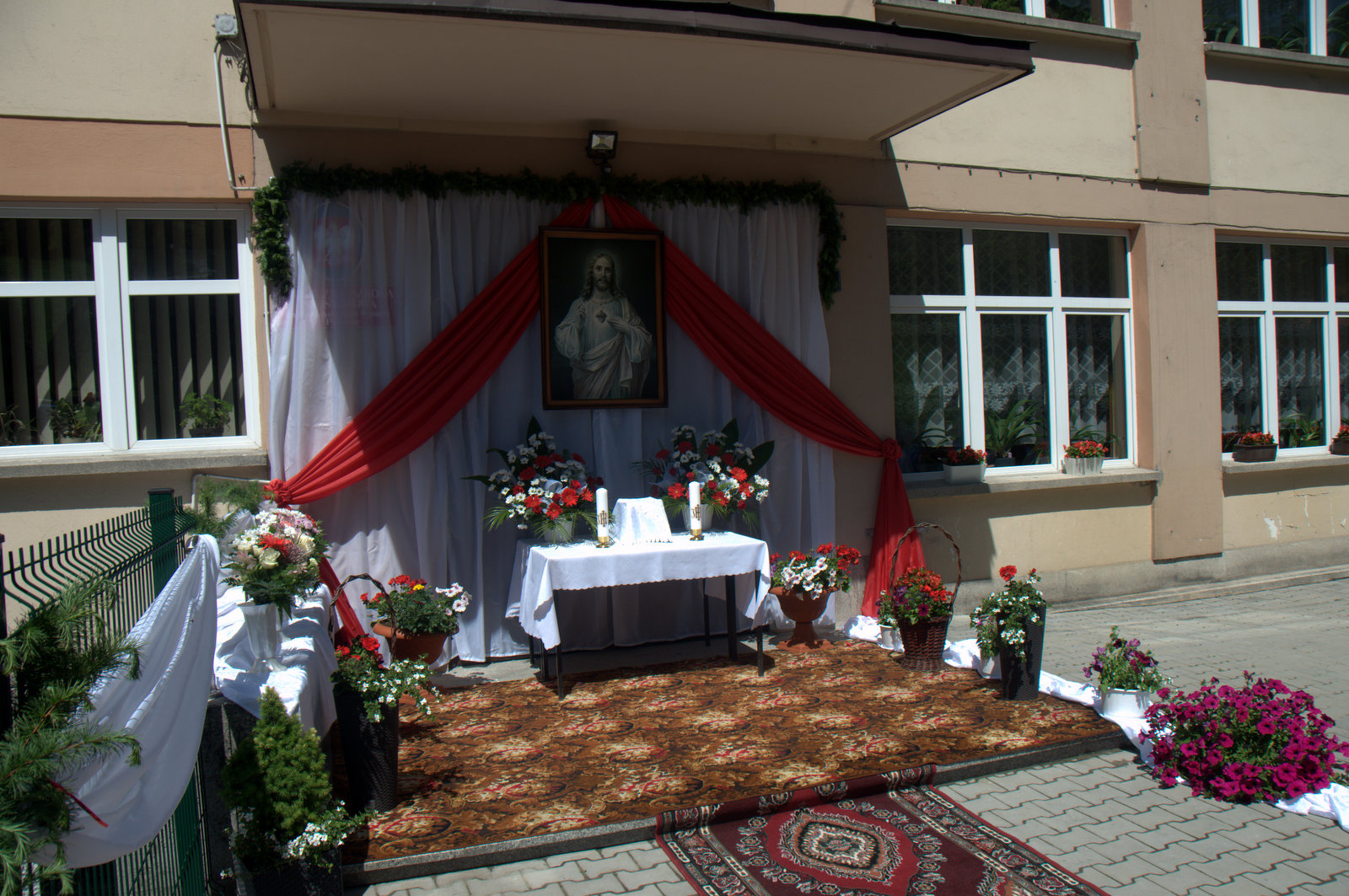
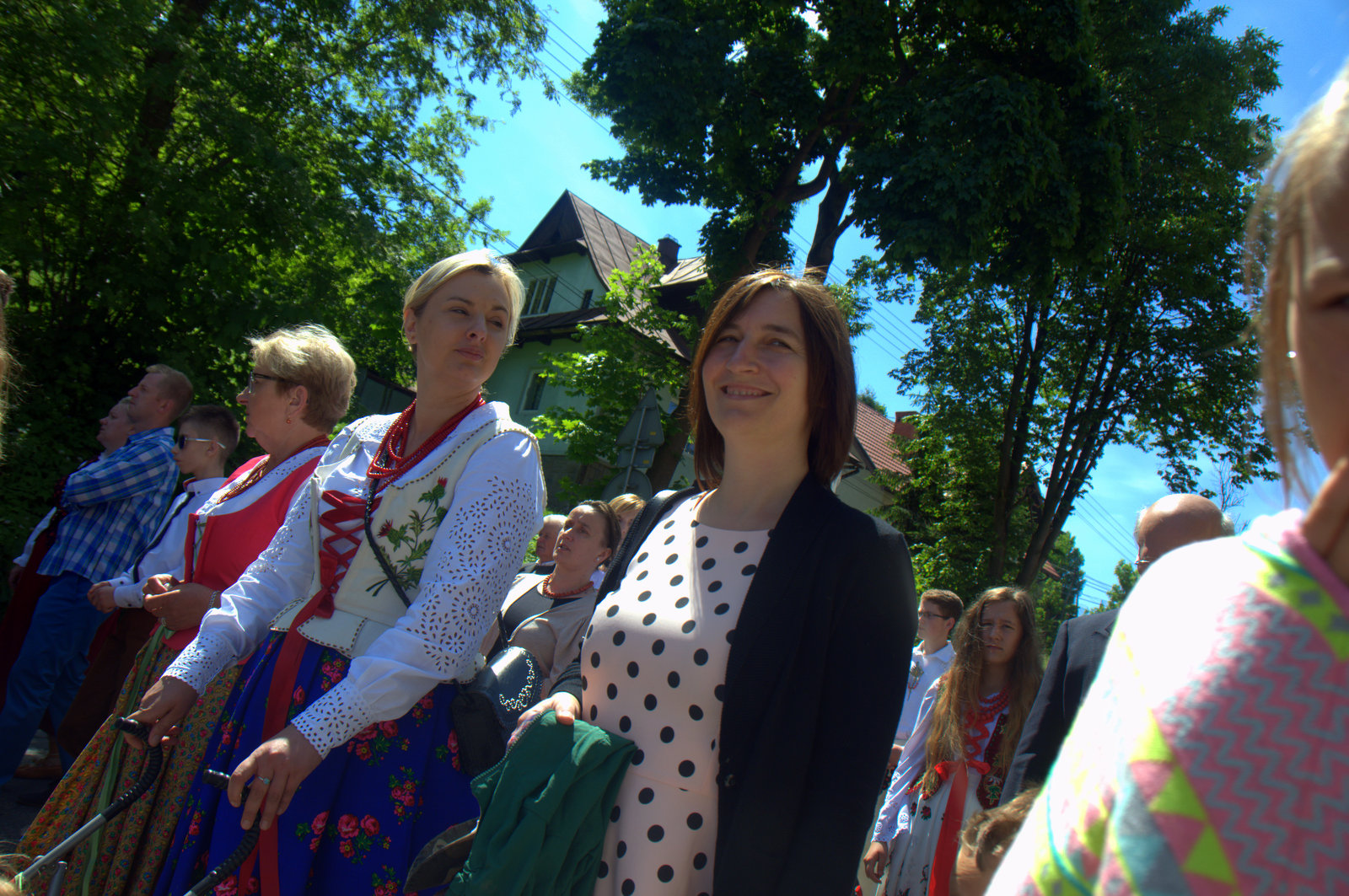
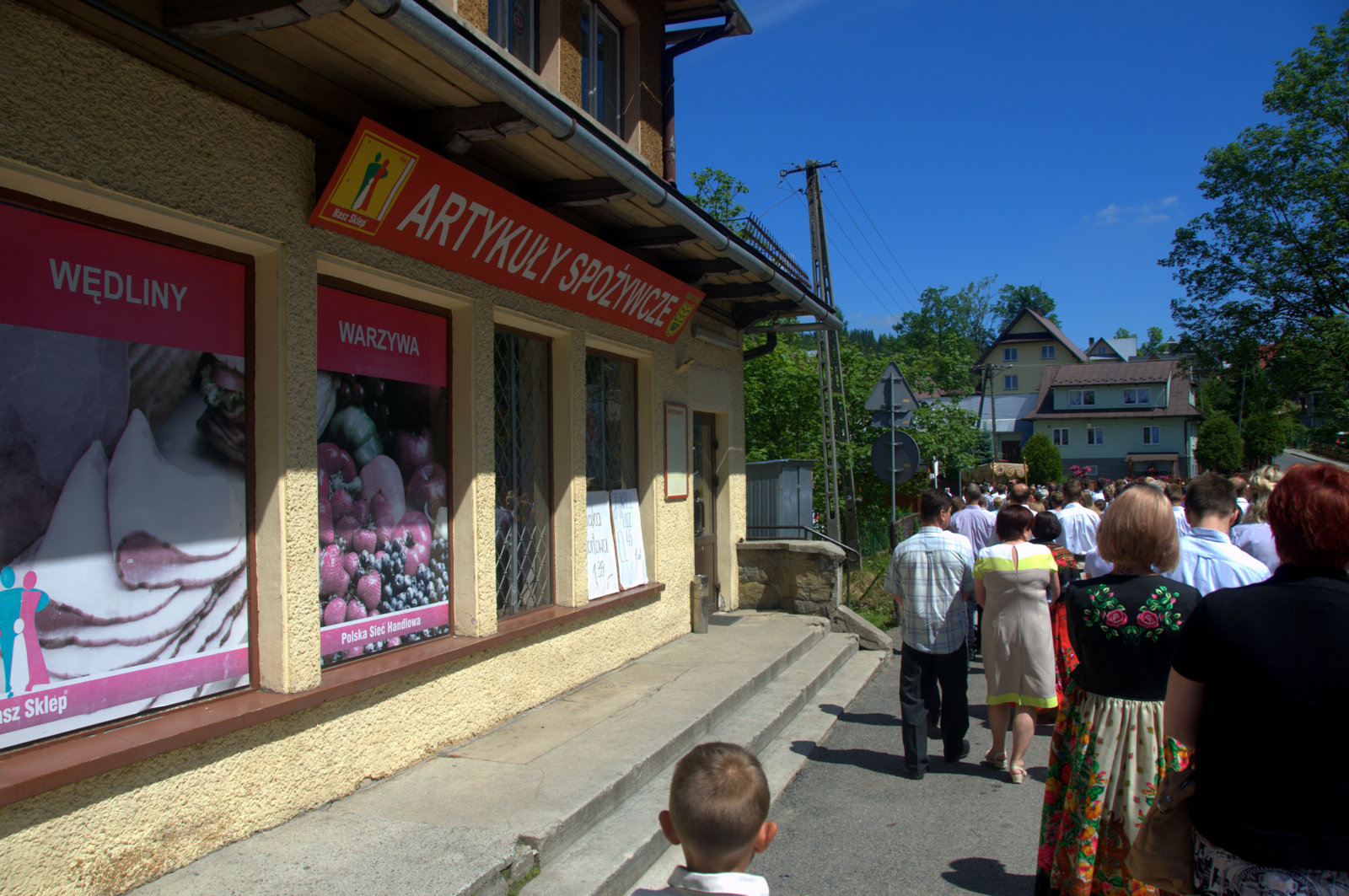
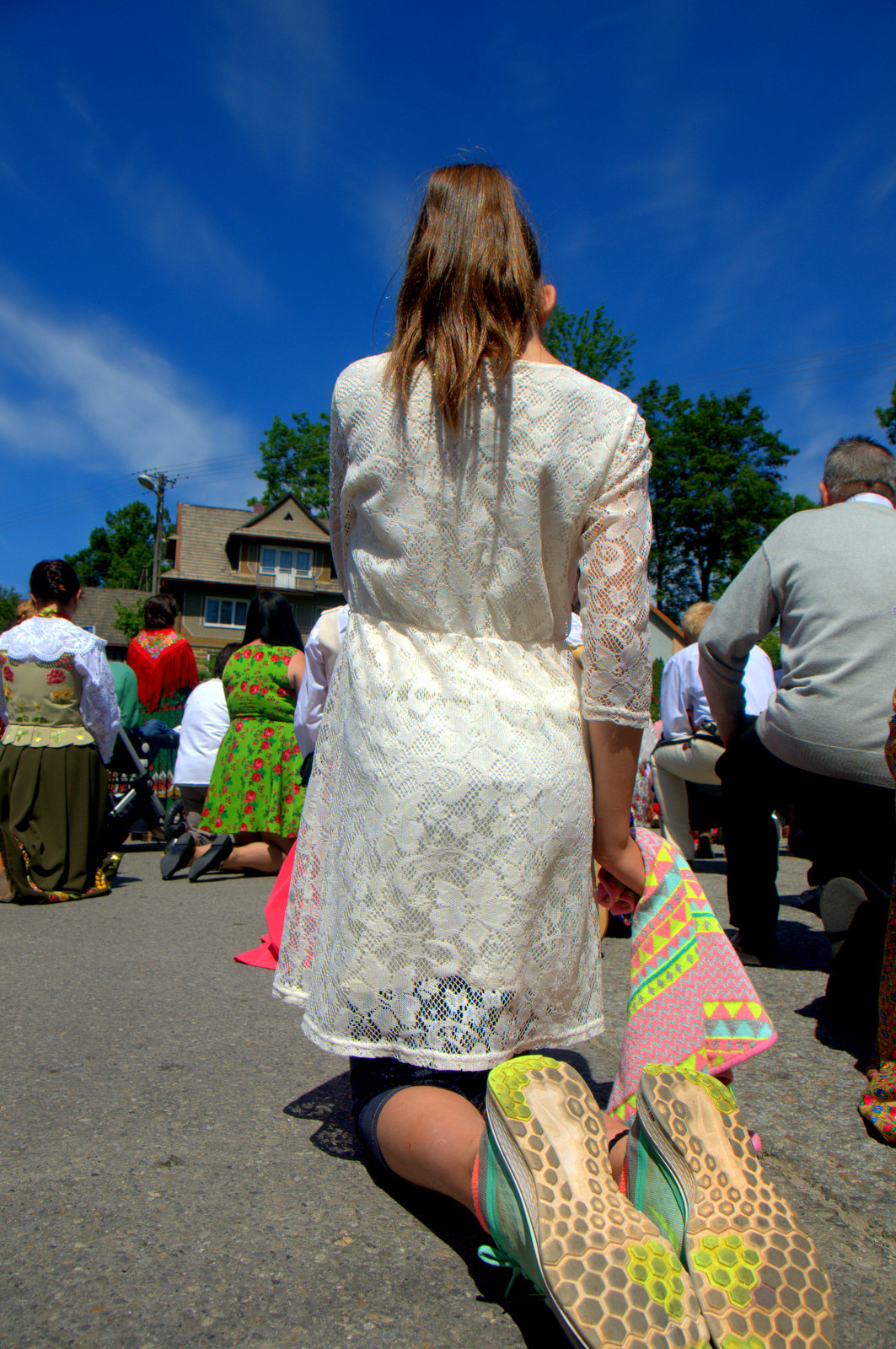
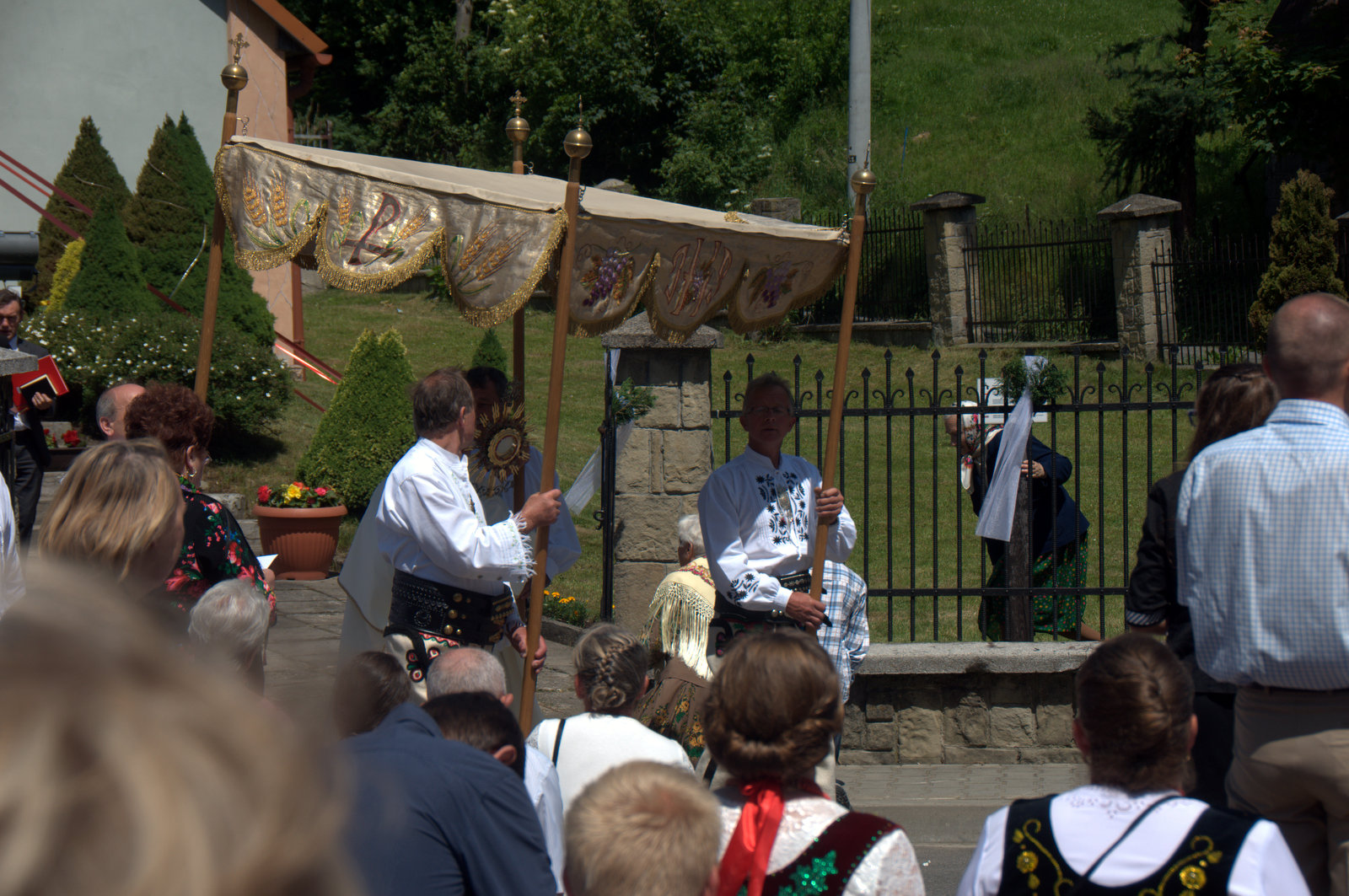
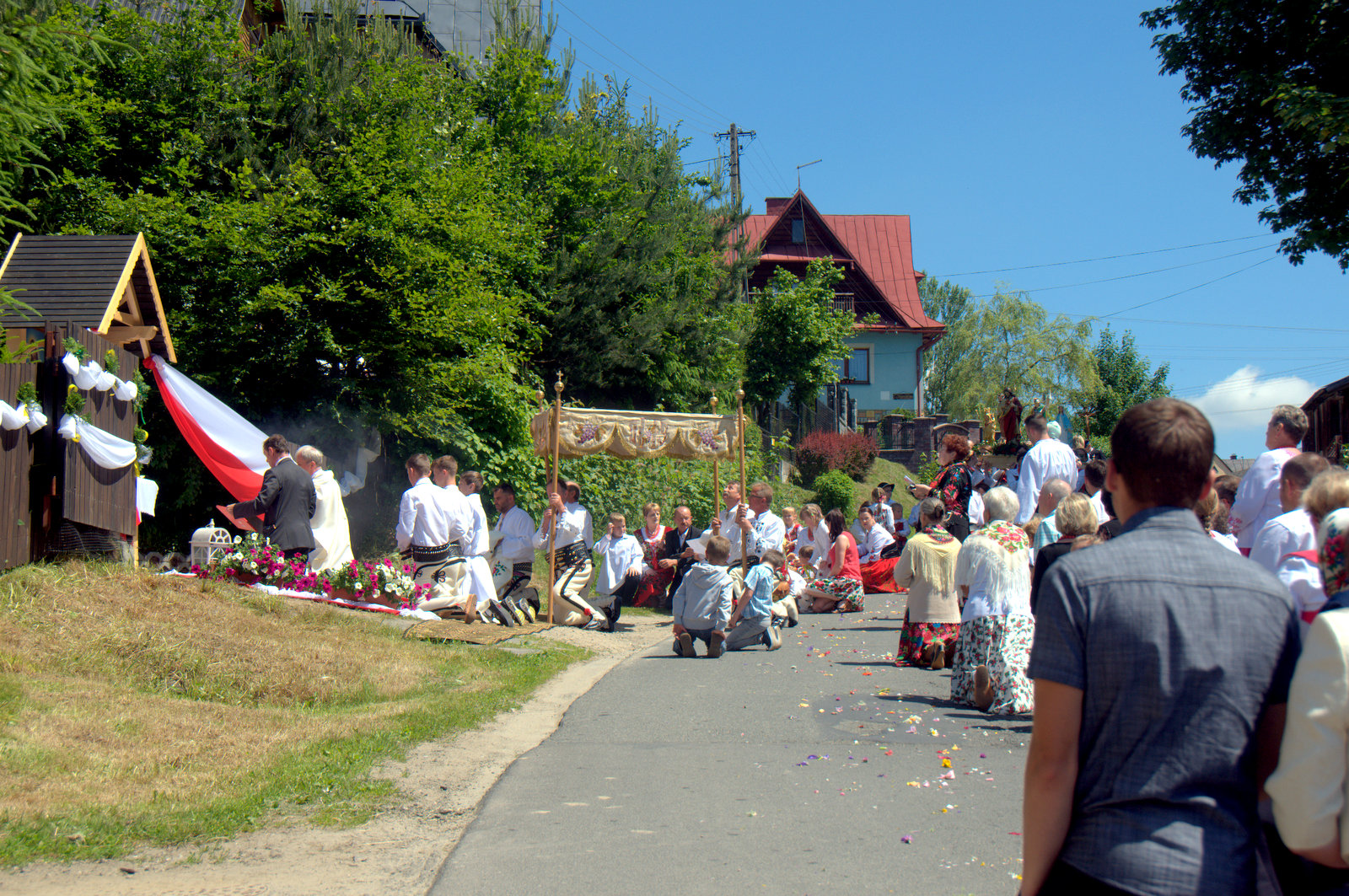
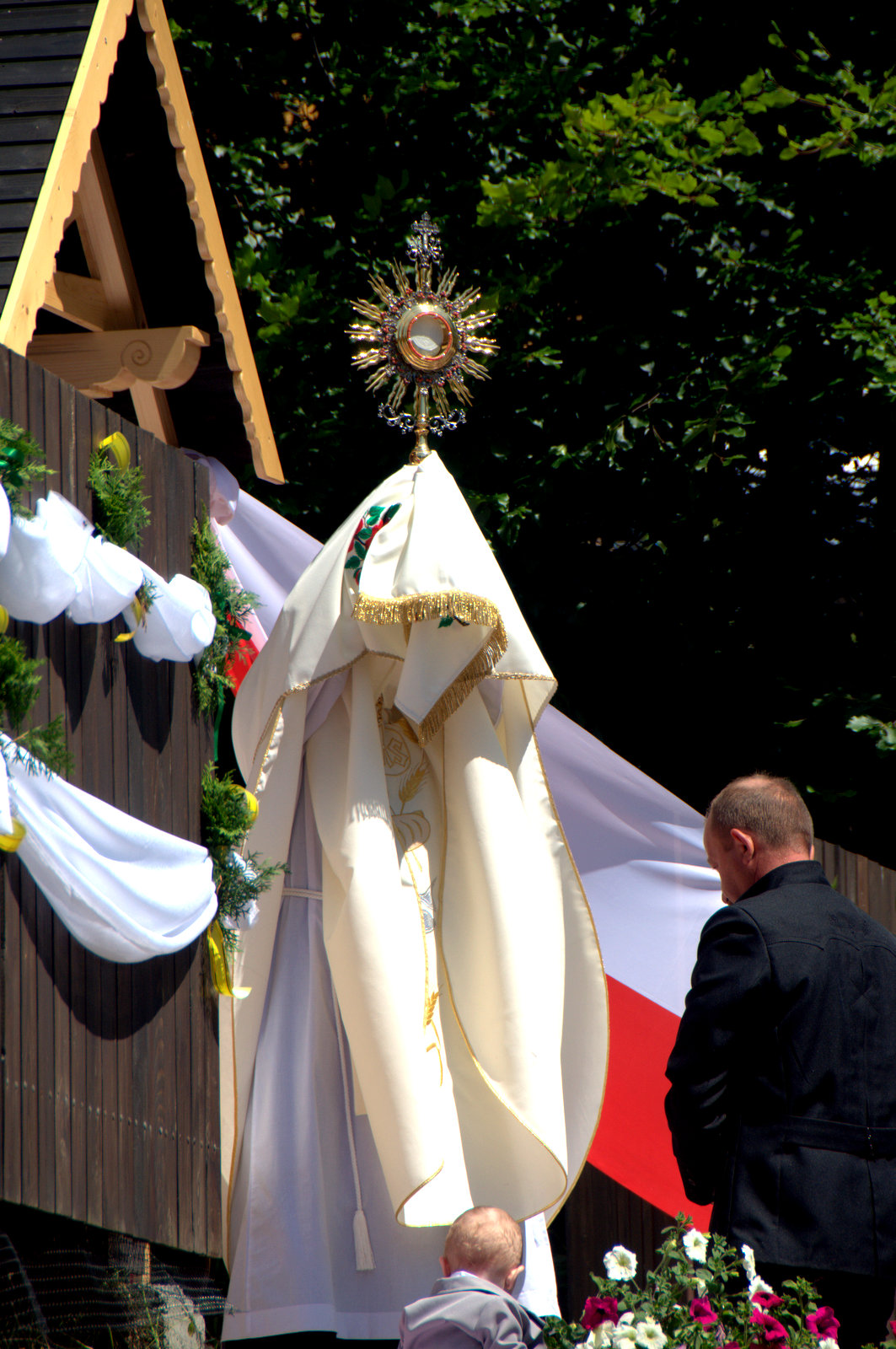
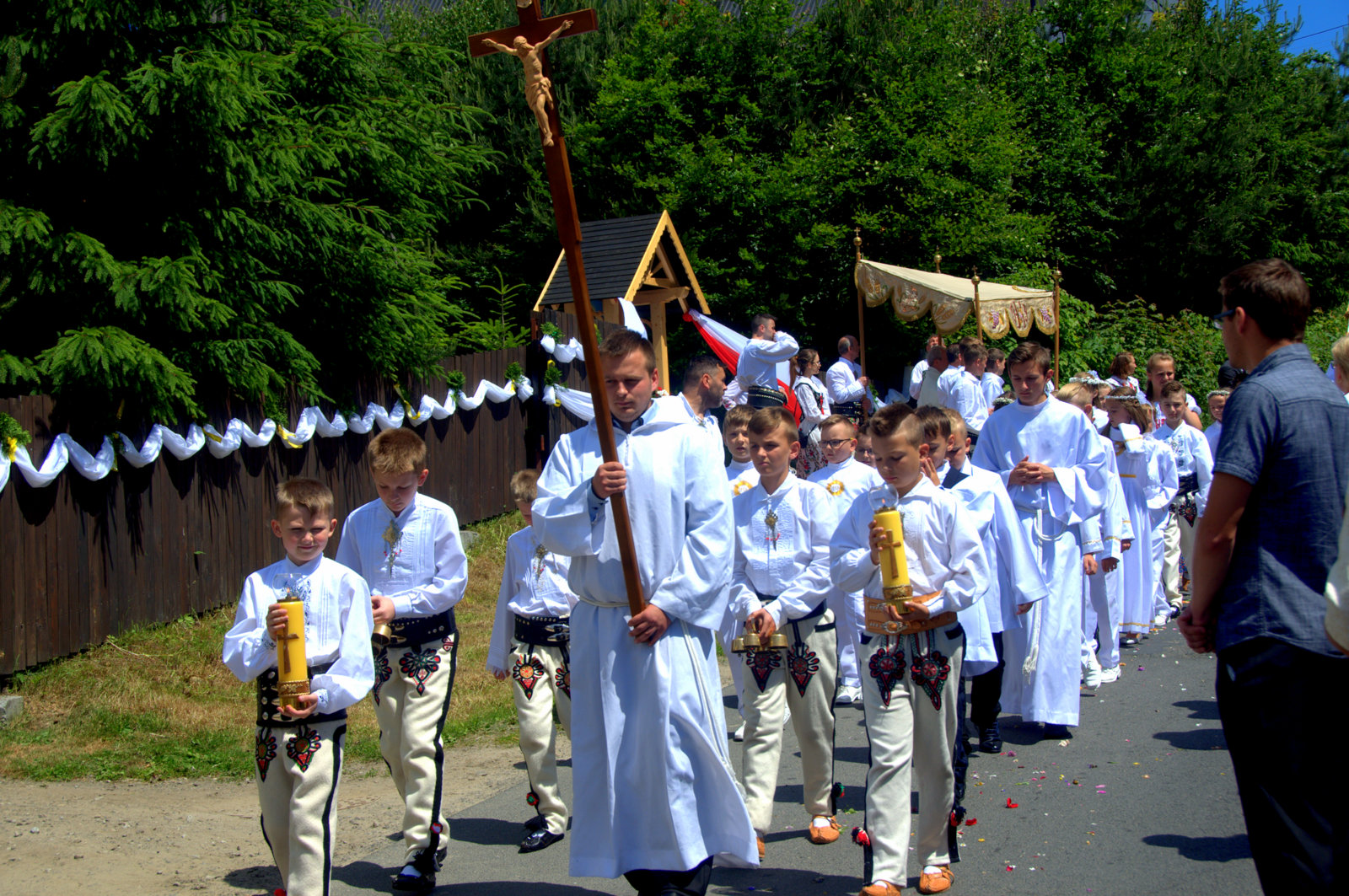
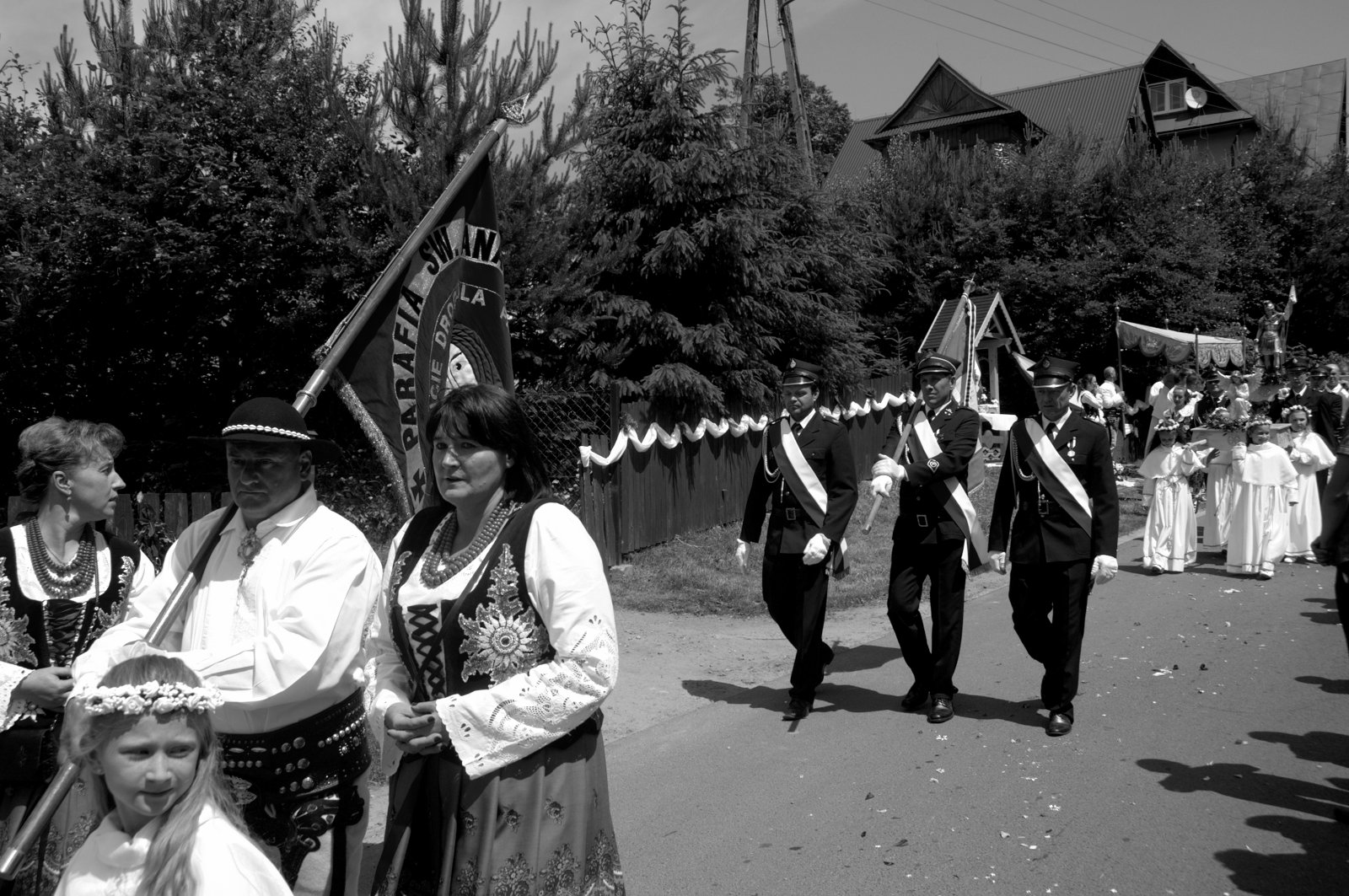
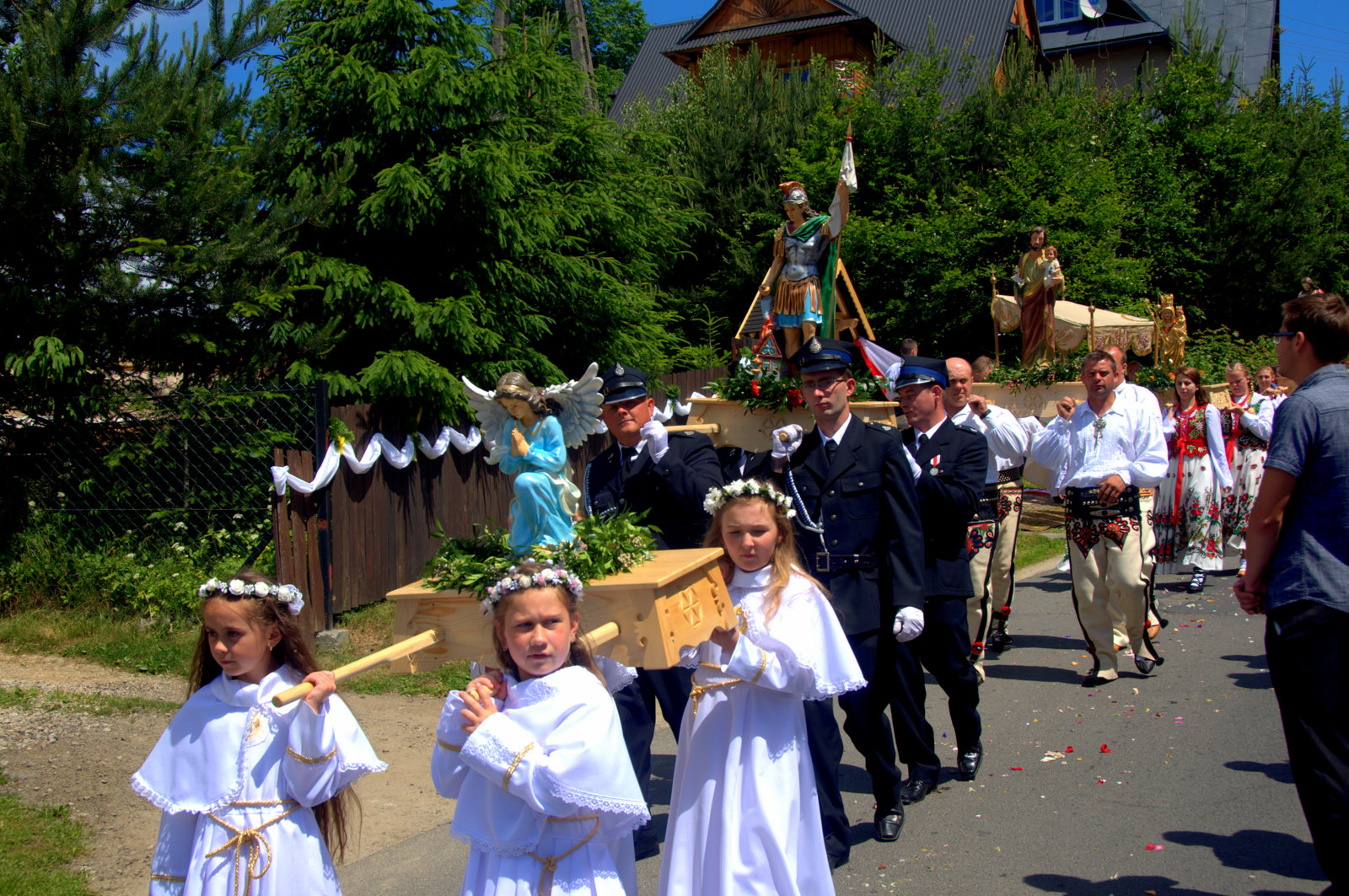
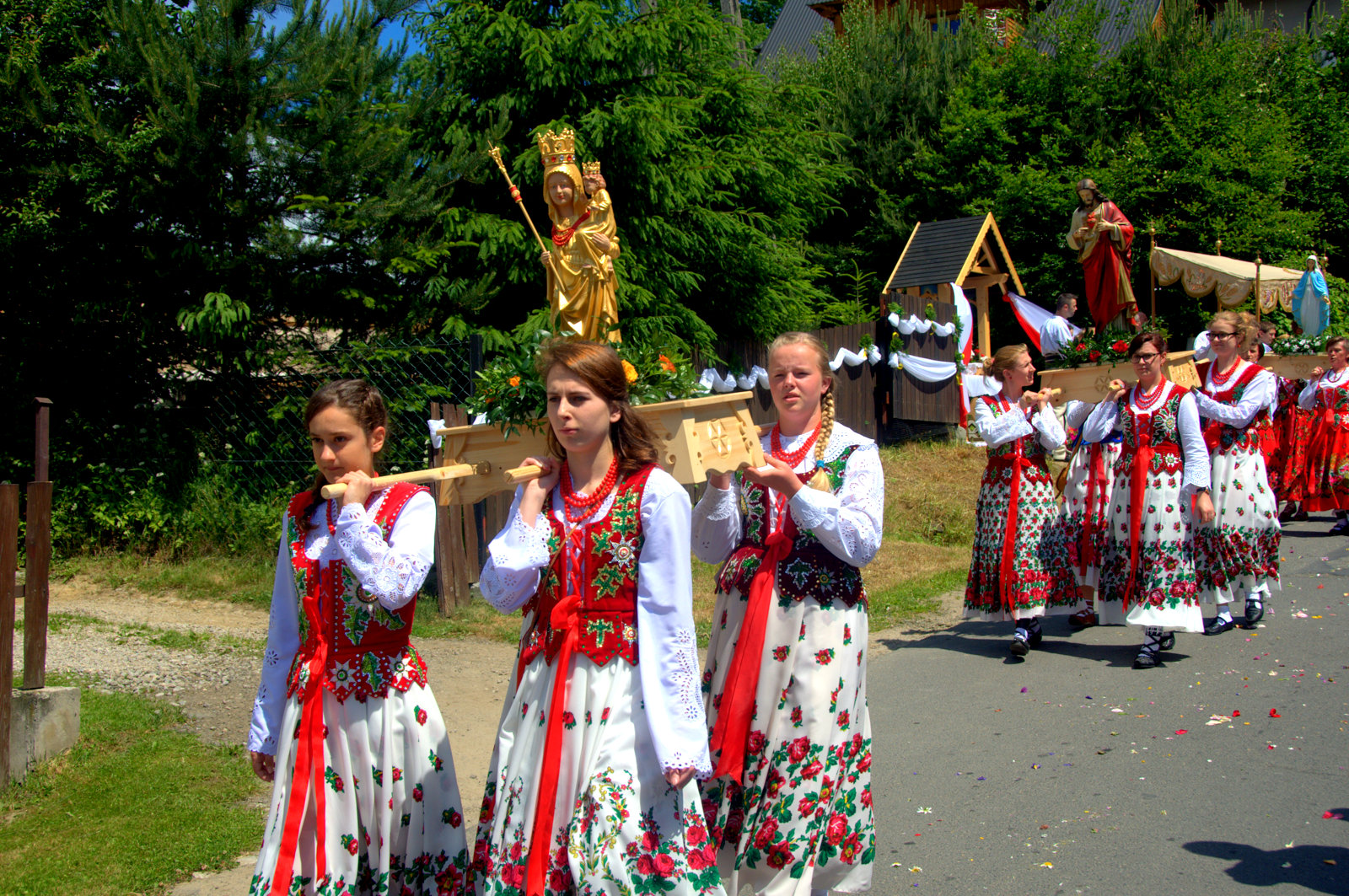
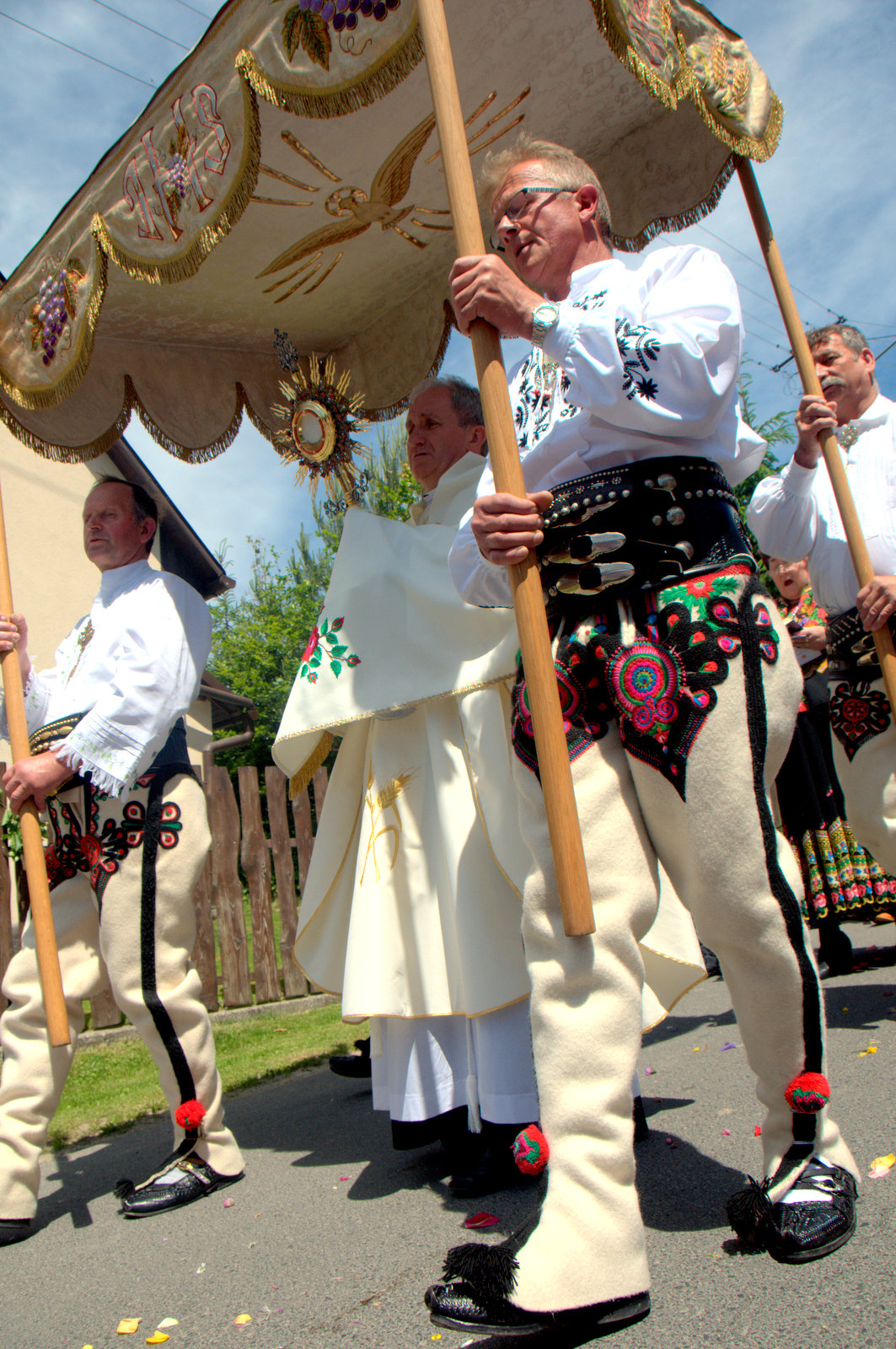
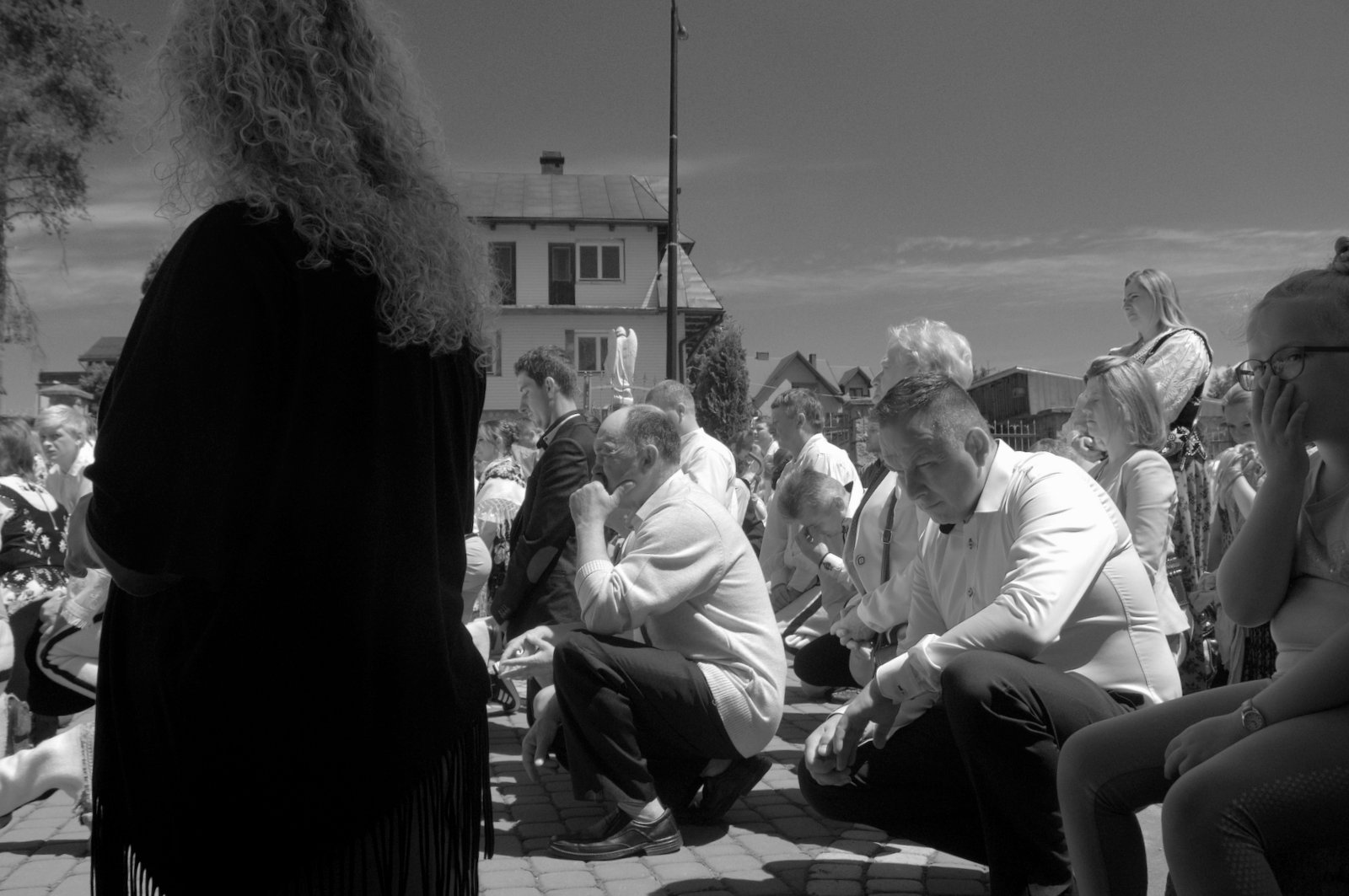
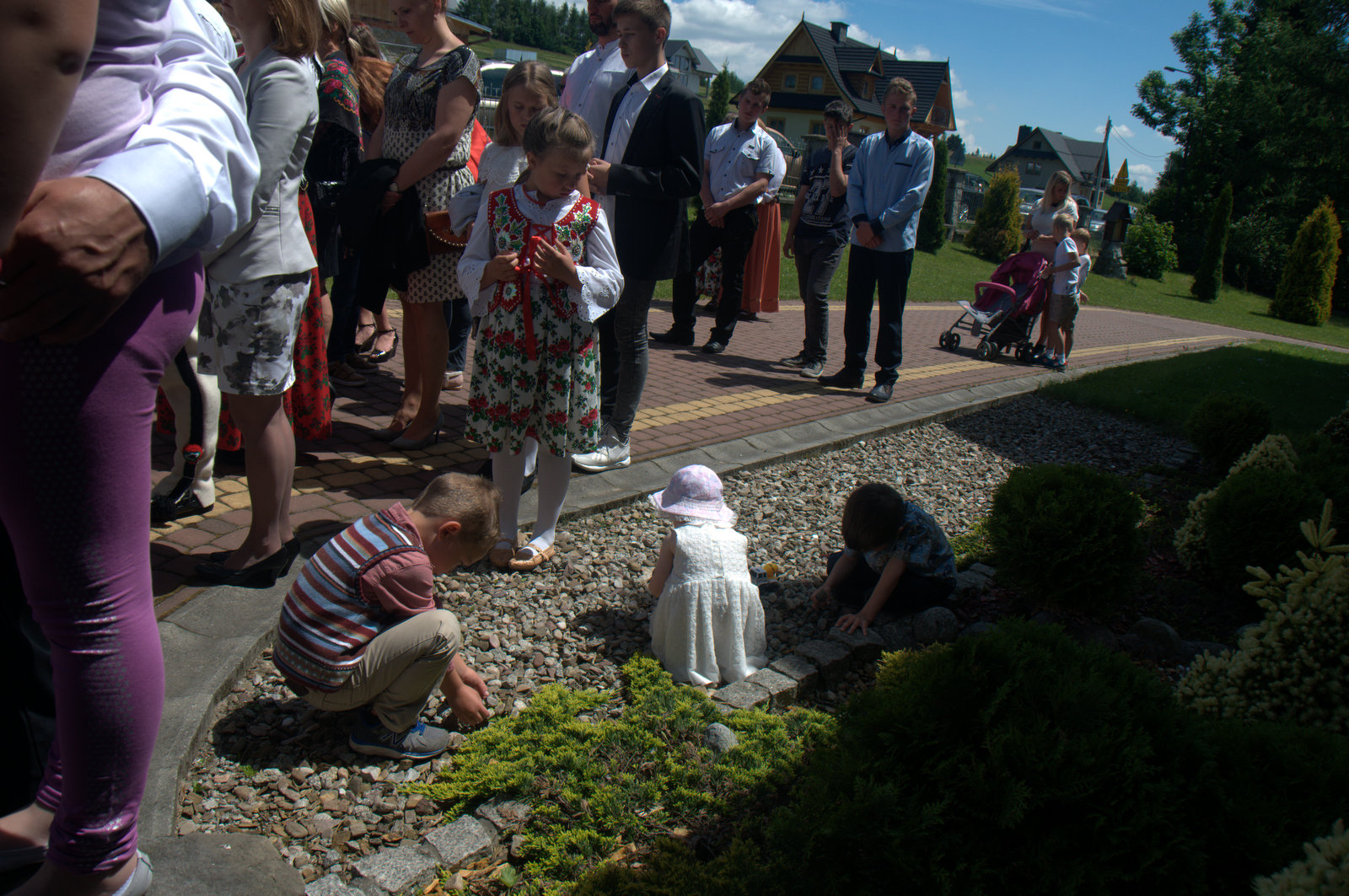
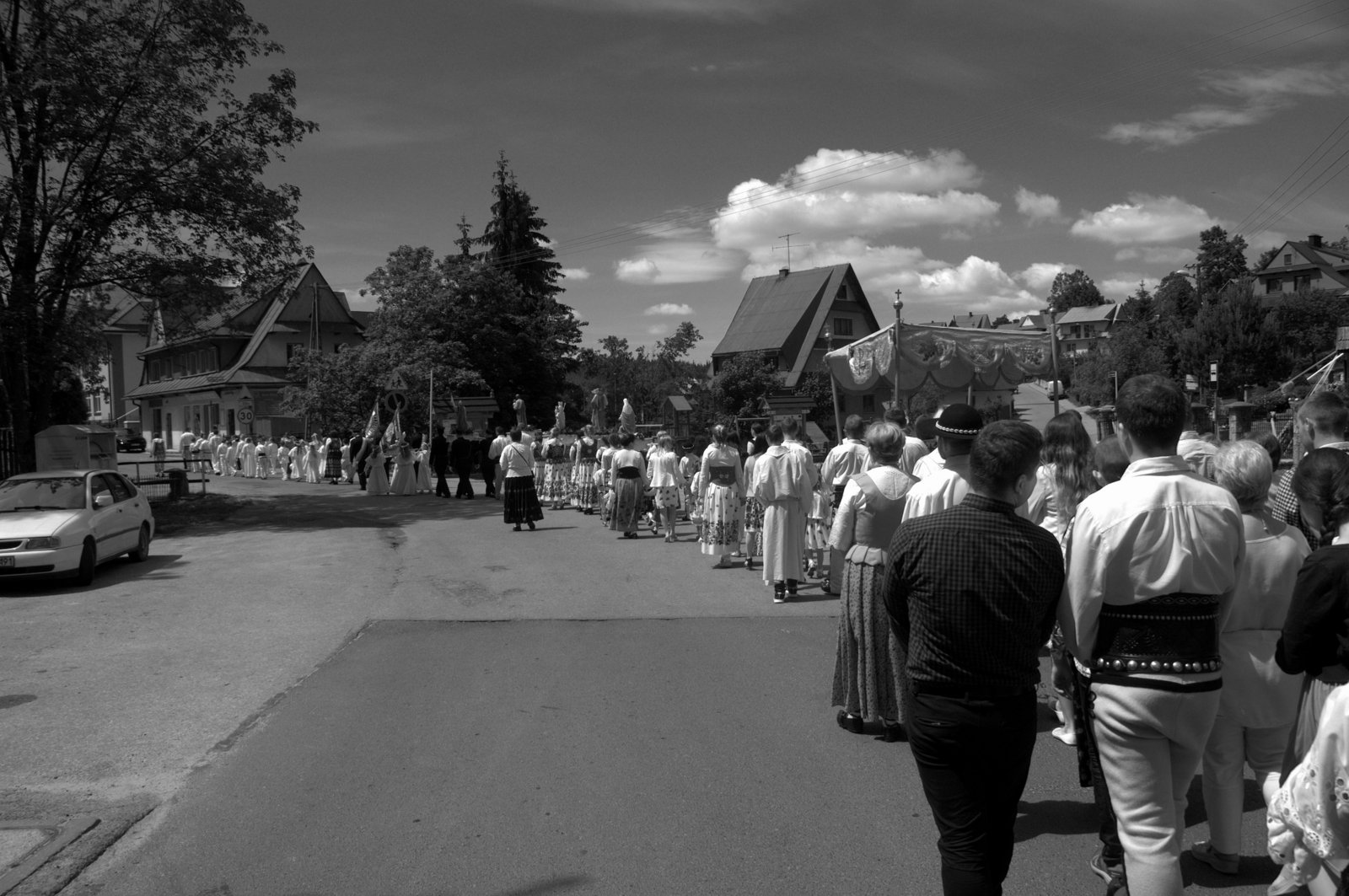
After the procession, we had lunch at D’s before heading to the other side of the village to visit D’s parents, who are those rare Poles who packed up and moved from one village to another, almost as if they were Americans. Most Poles build a house and stay there. Stay there. But after several years of serving Jablonka’s animals as a veterinarian, D’s father and mother moved back to the village they grew up in.
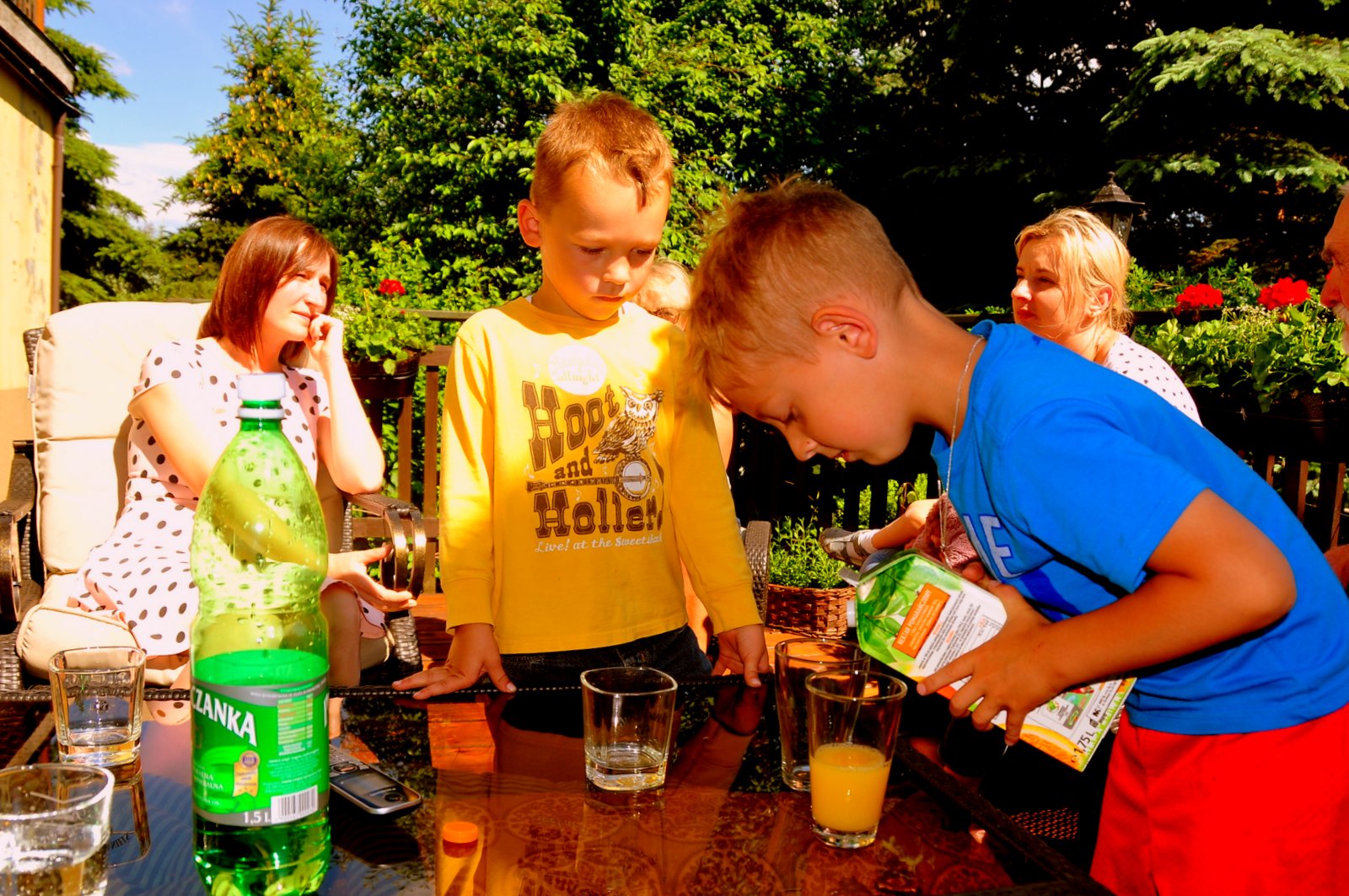
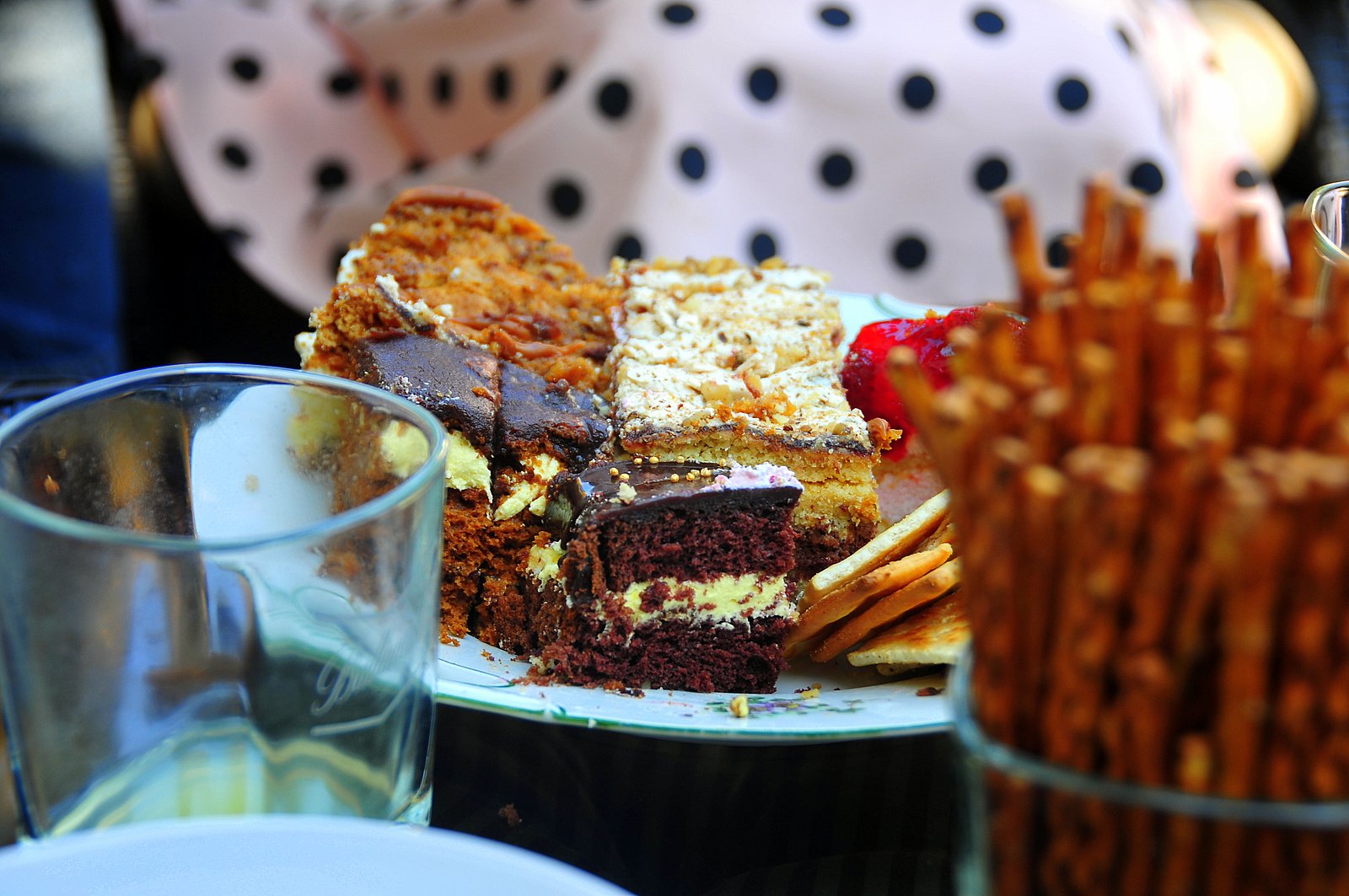
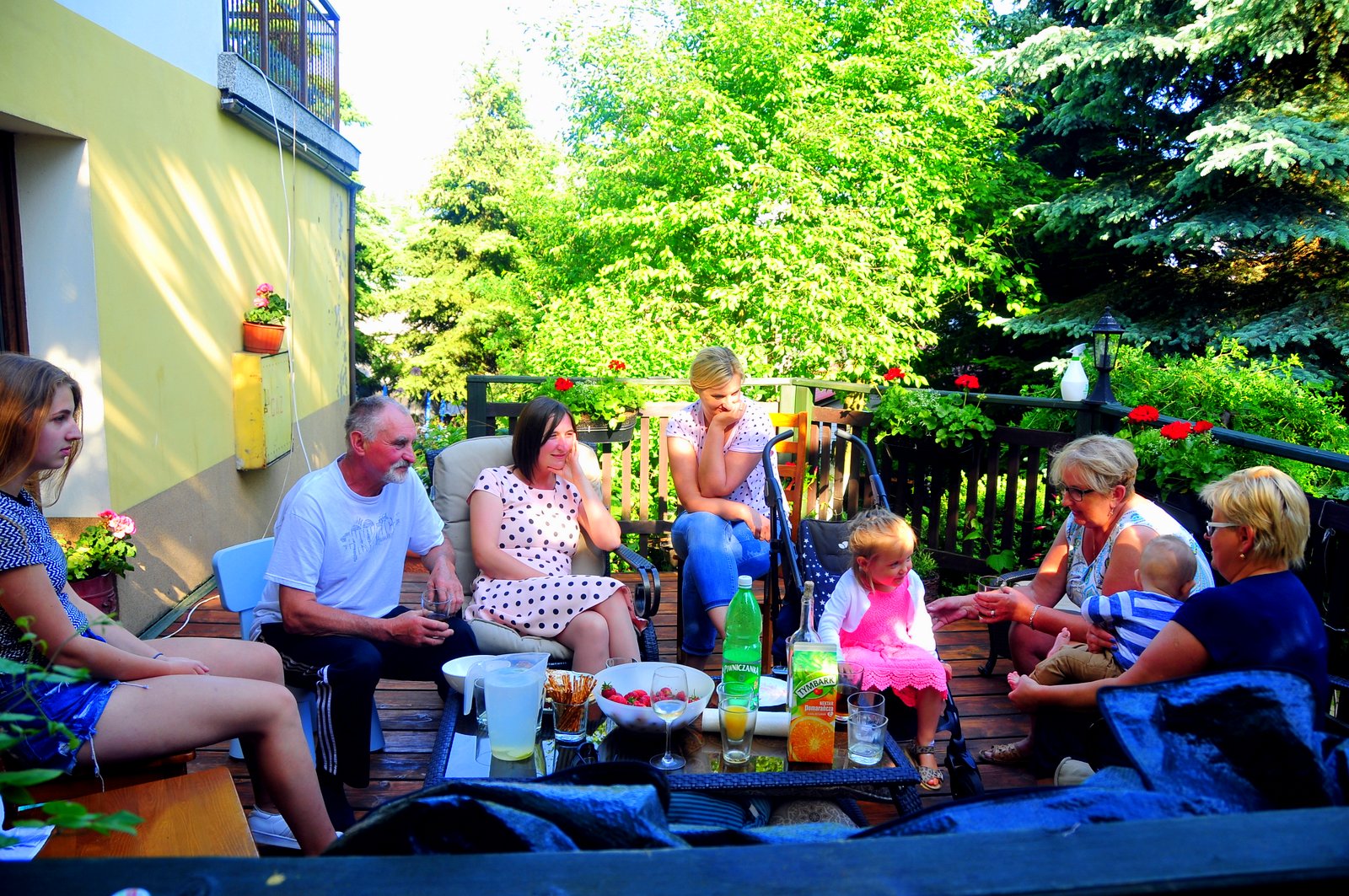
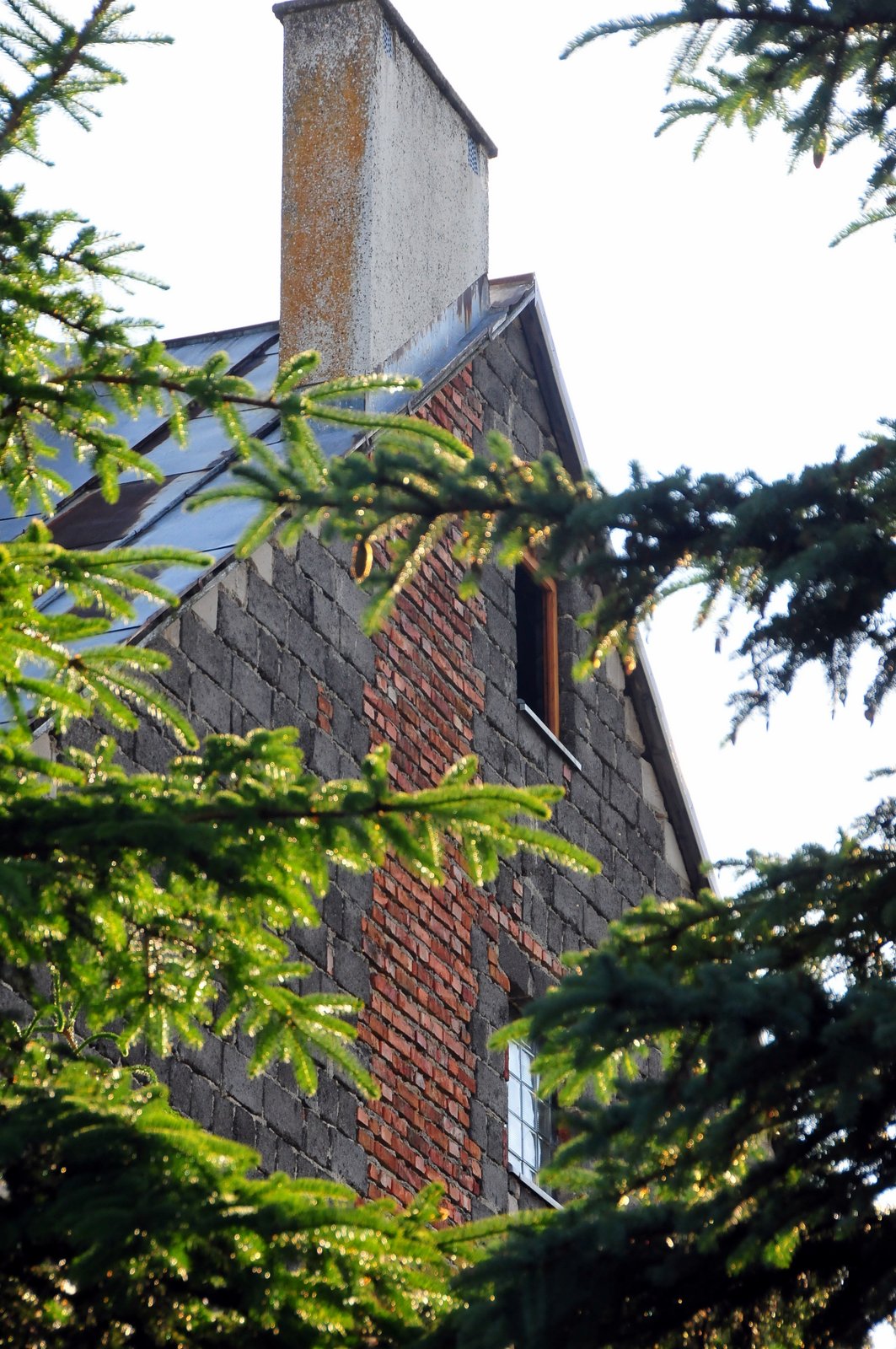
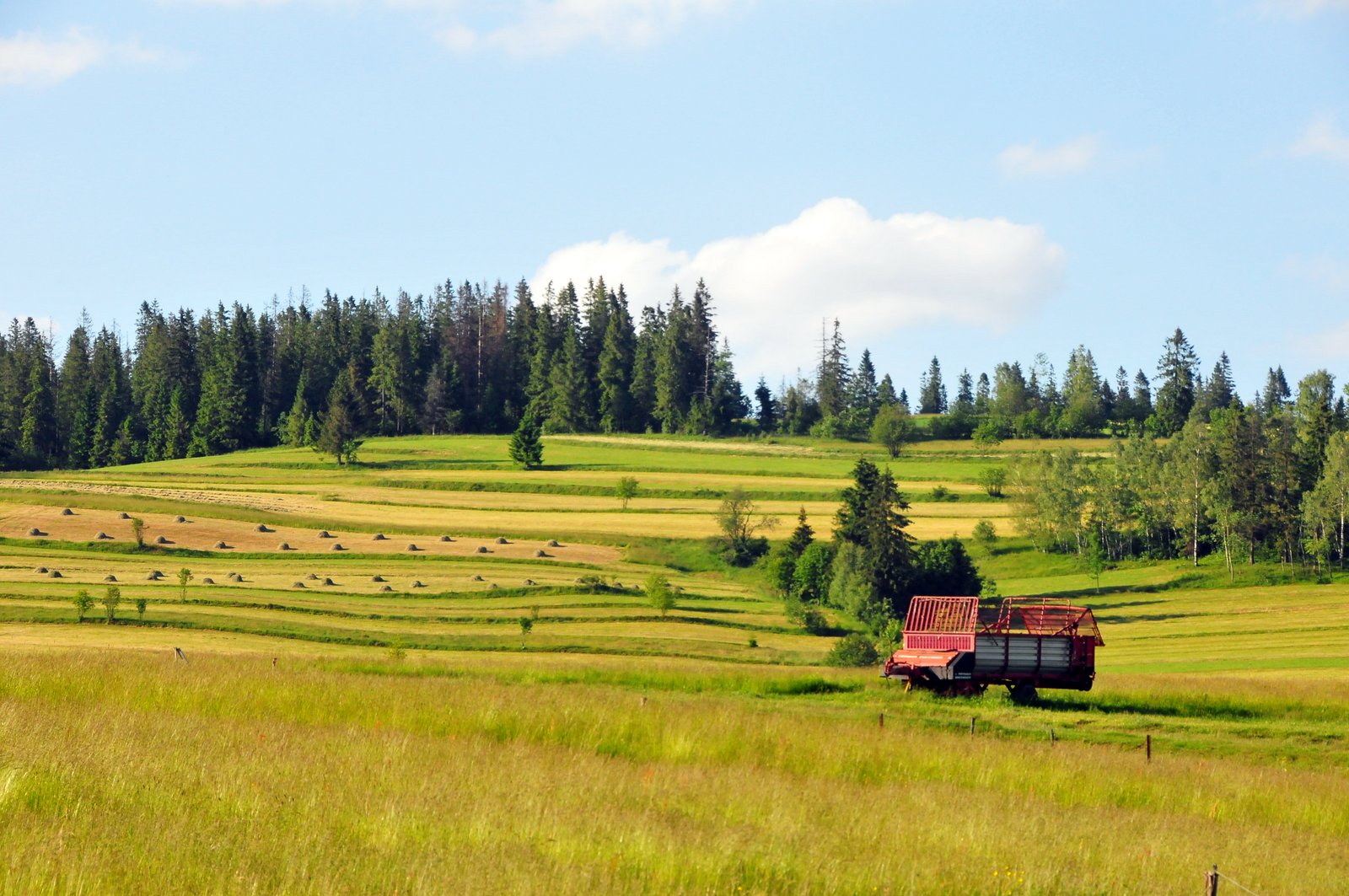
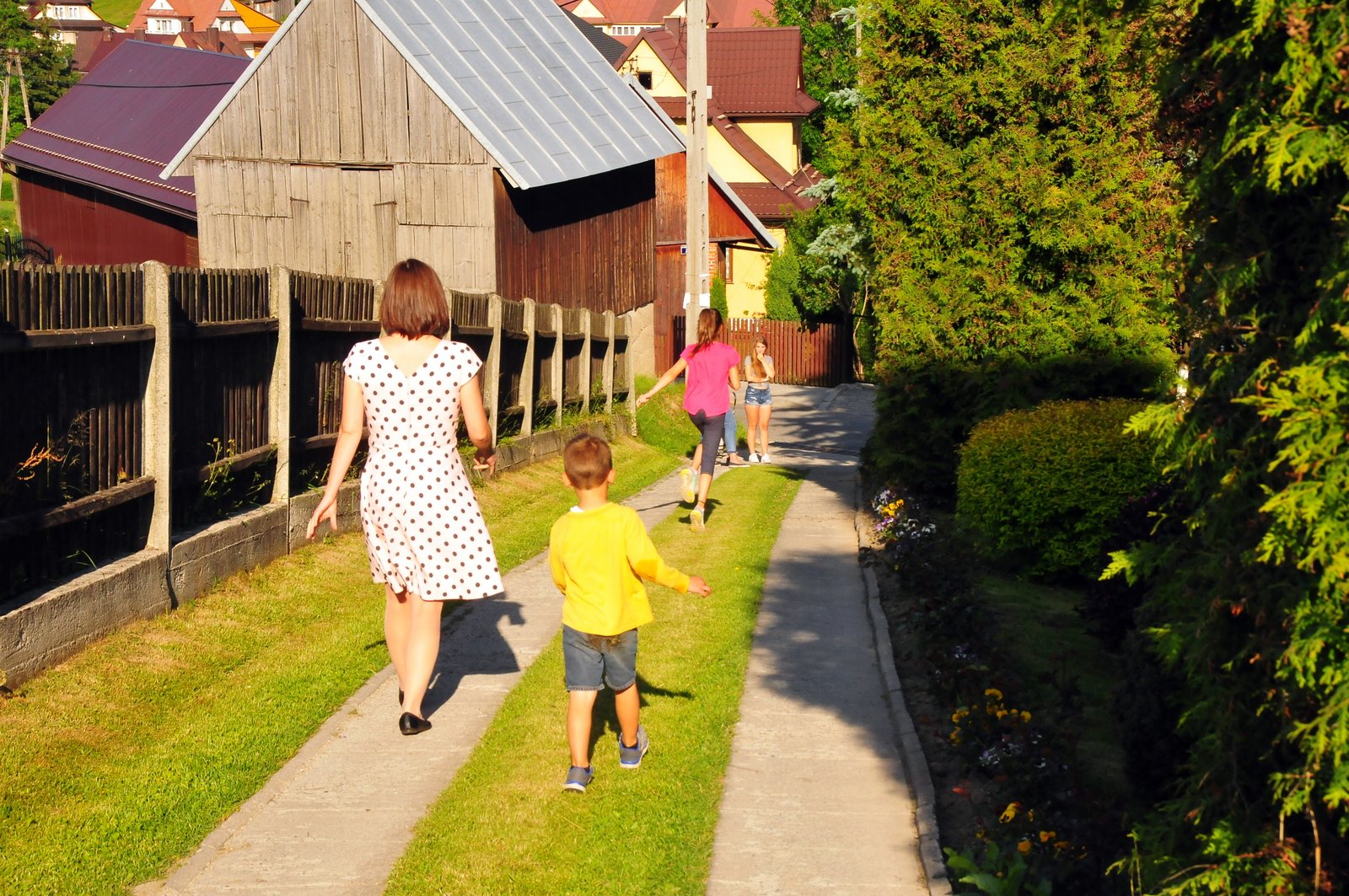
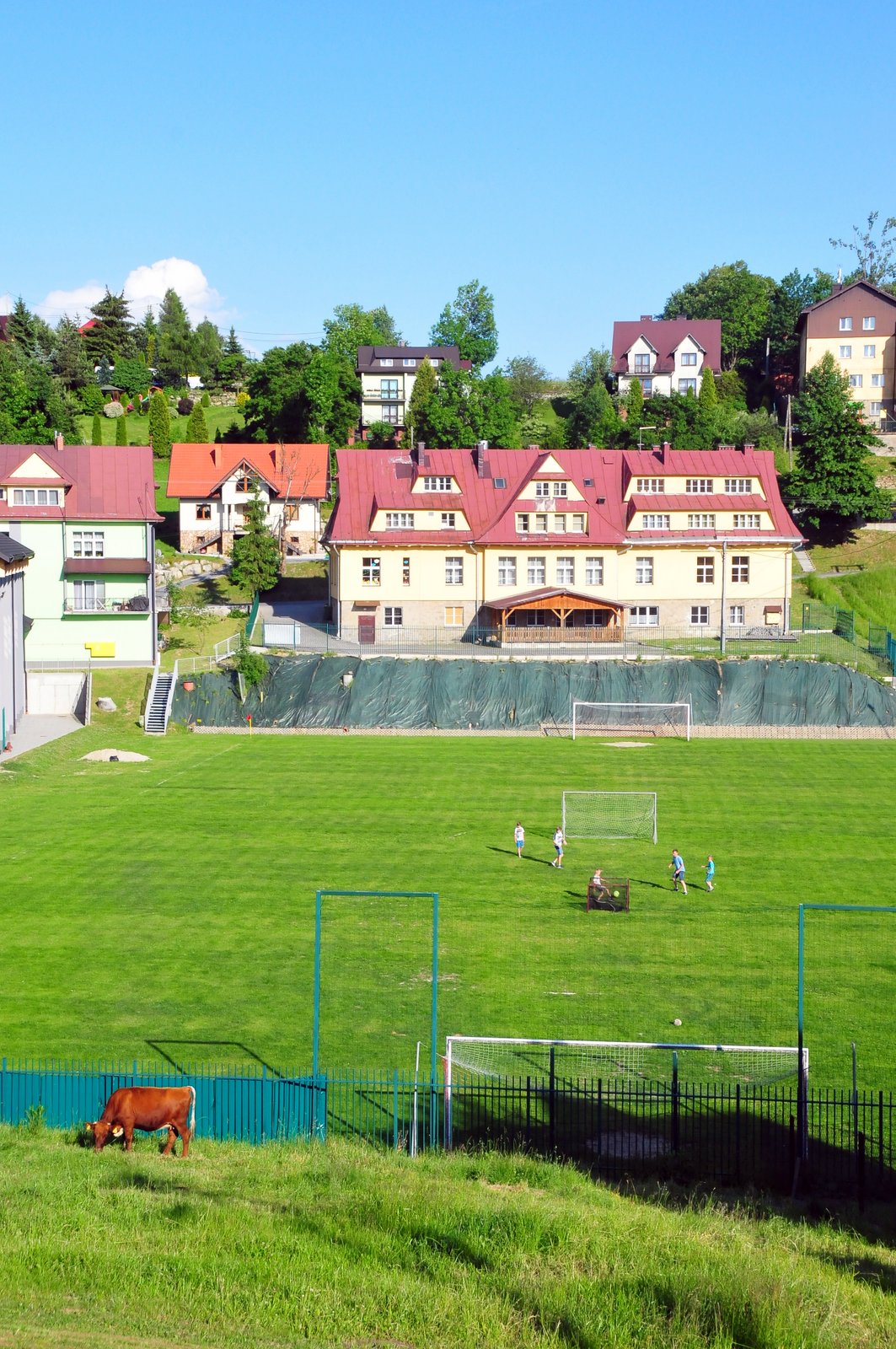
While there, cousins and their families arrived, and we all sat around and ate and drank and chatted. It was then, at the close of day, that I really saw the magic of a Polish village. It’s only magical if you have connections, if you have someone who grounds you there. That almost seems axiomatic, but it shows why nothing like Polish village life exists in mobile America. Packing up and moving across the city, across the state, or even across the country is no big deal. Put your house on the market, find a new place, and arrange for movers. It’s as simple as that. But it’s far from simple when you really look at it. Roots can’t grow when you’re constantly transplanting.
0 Comments